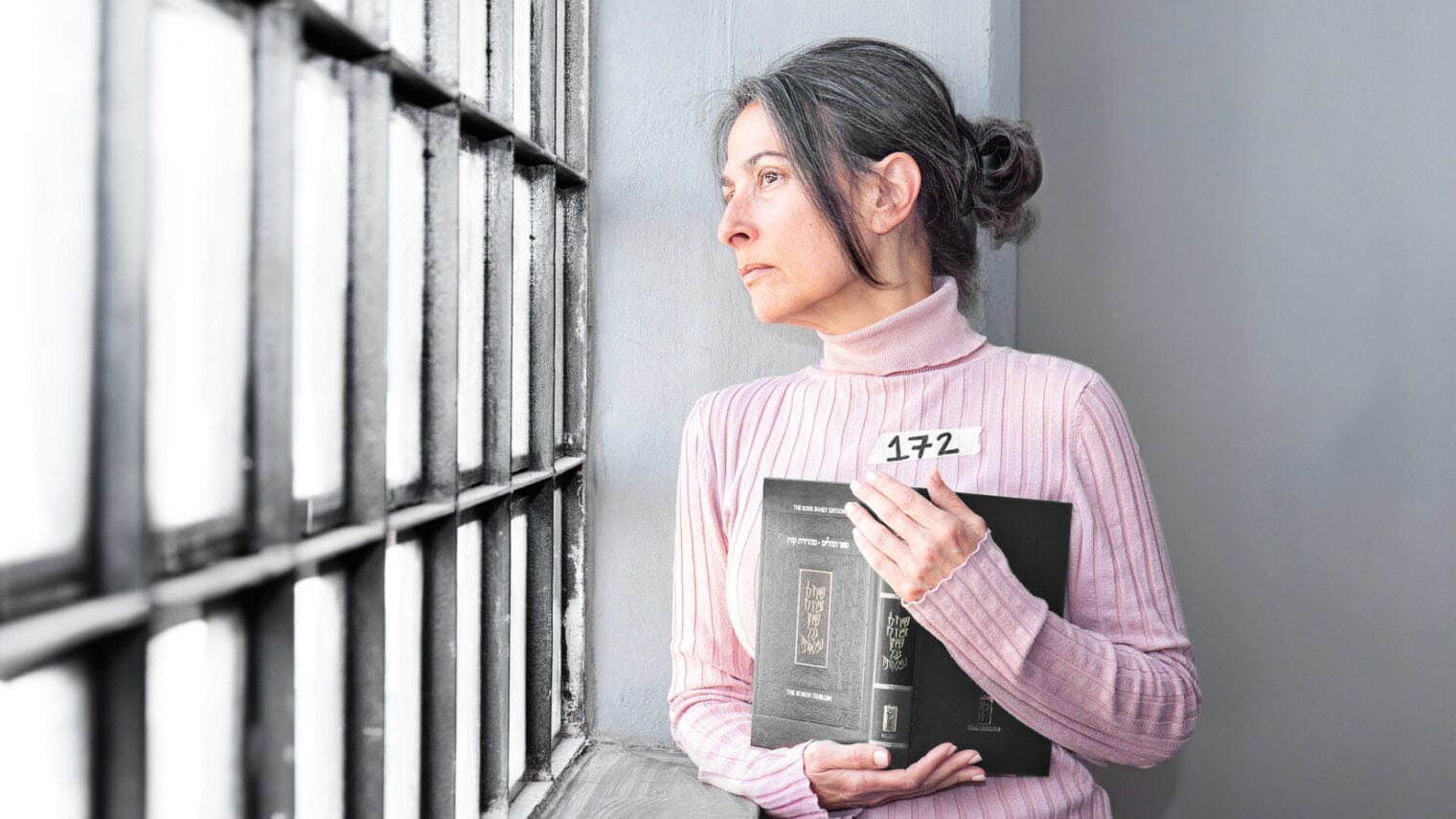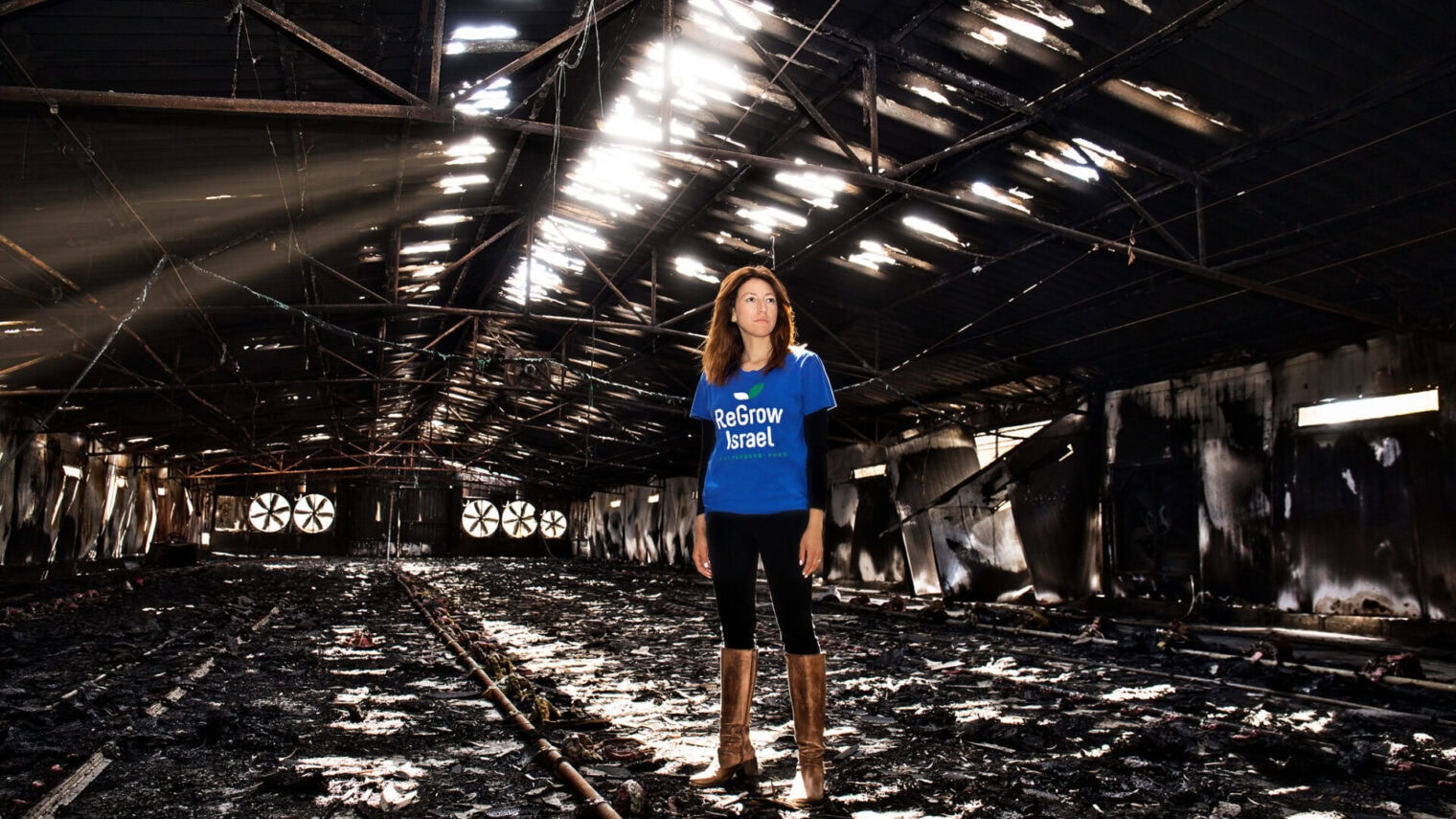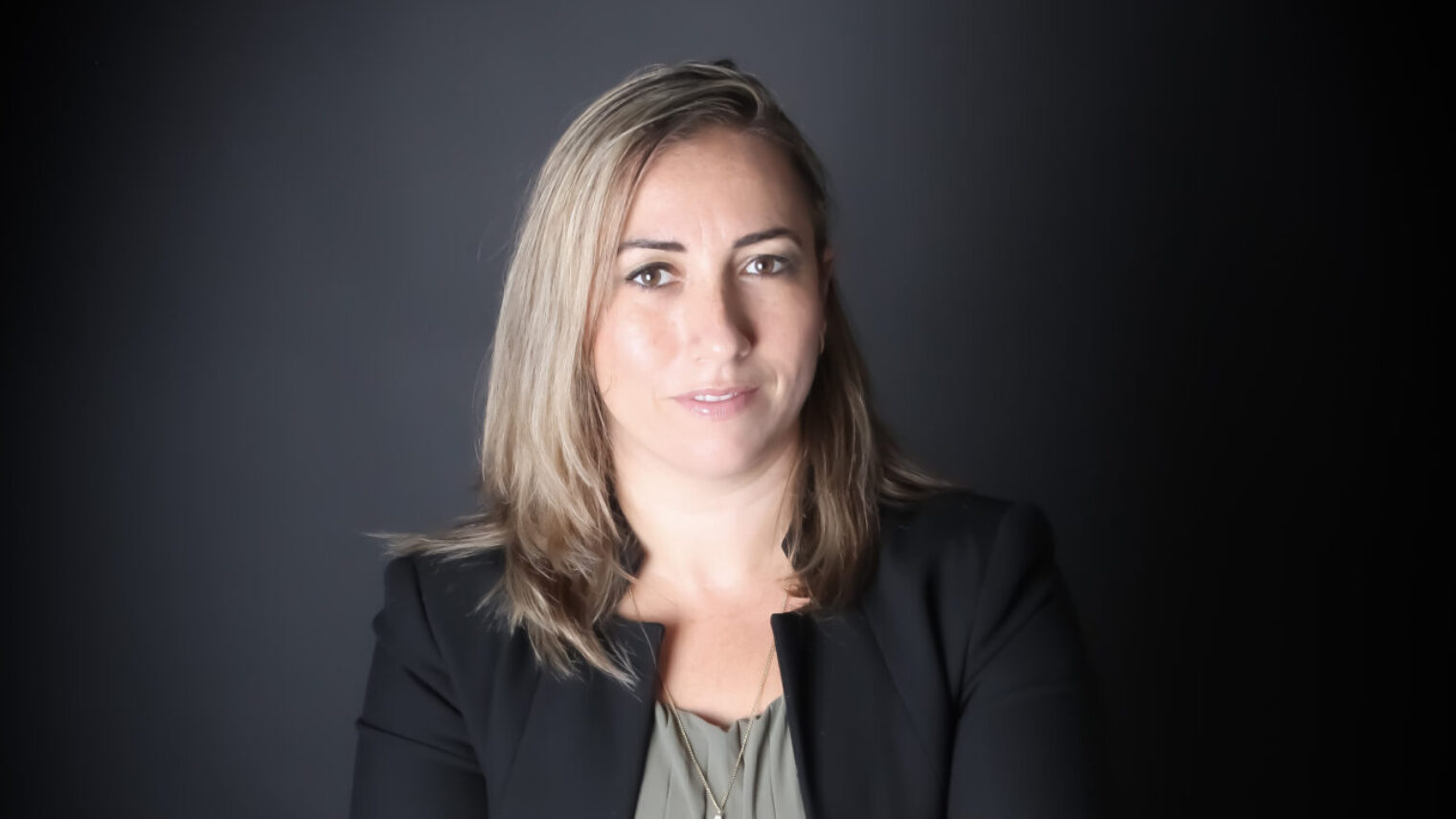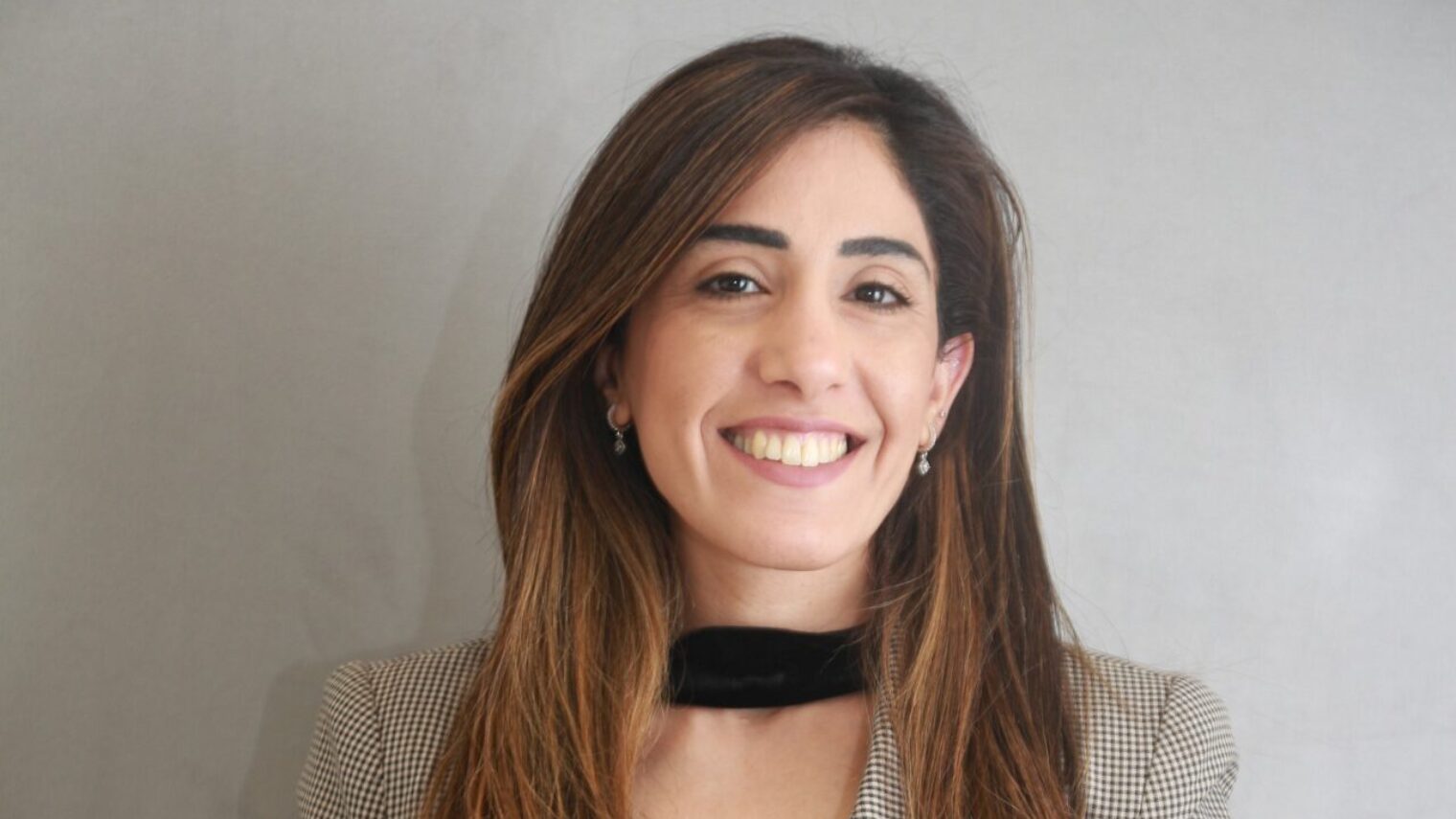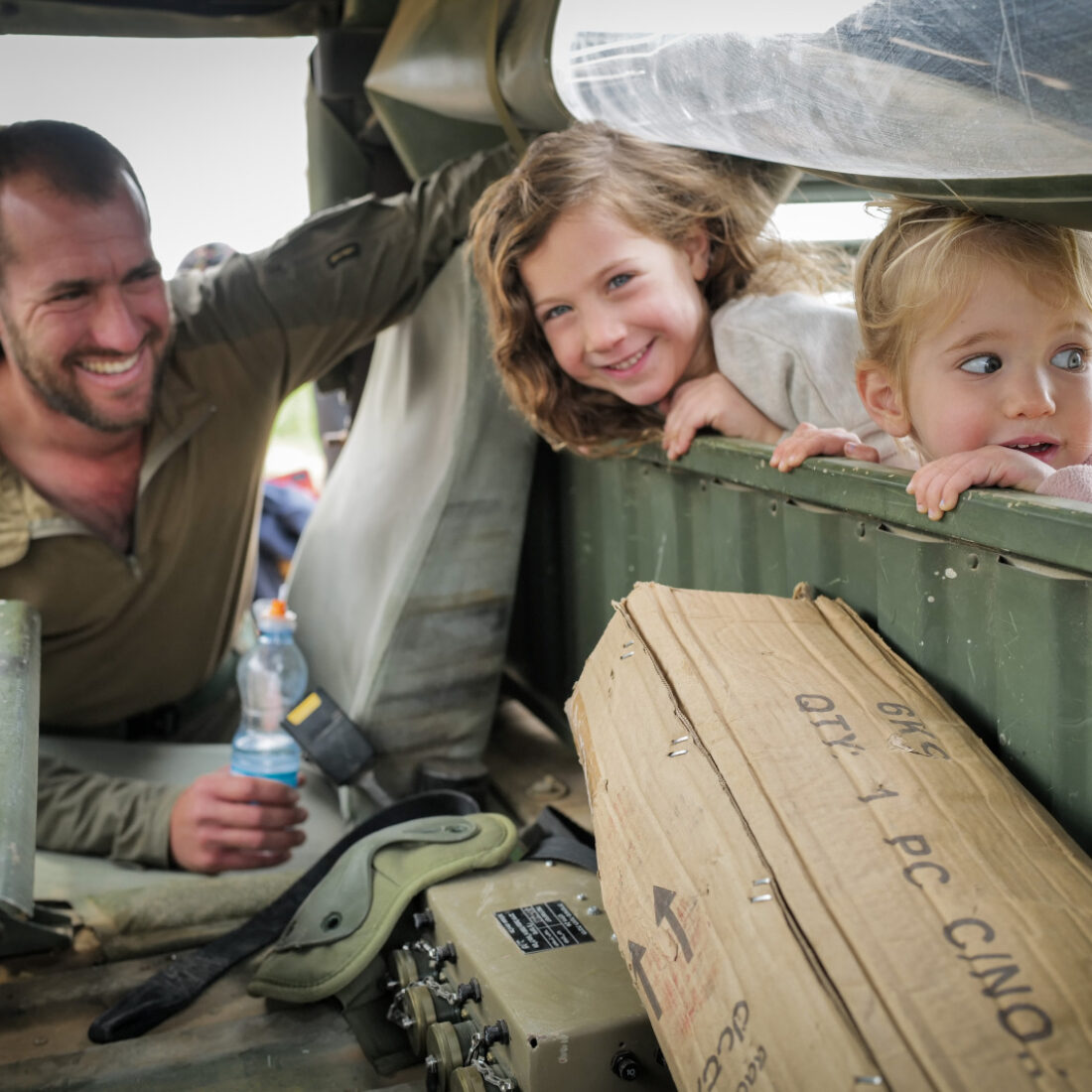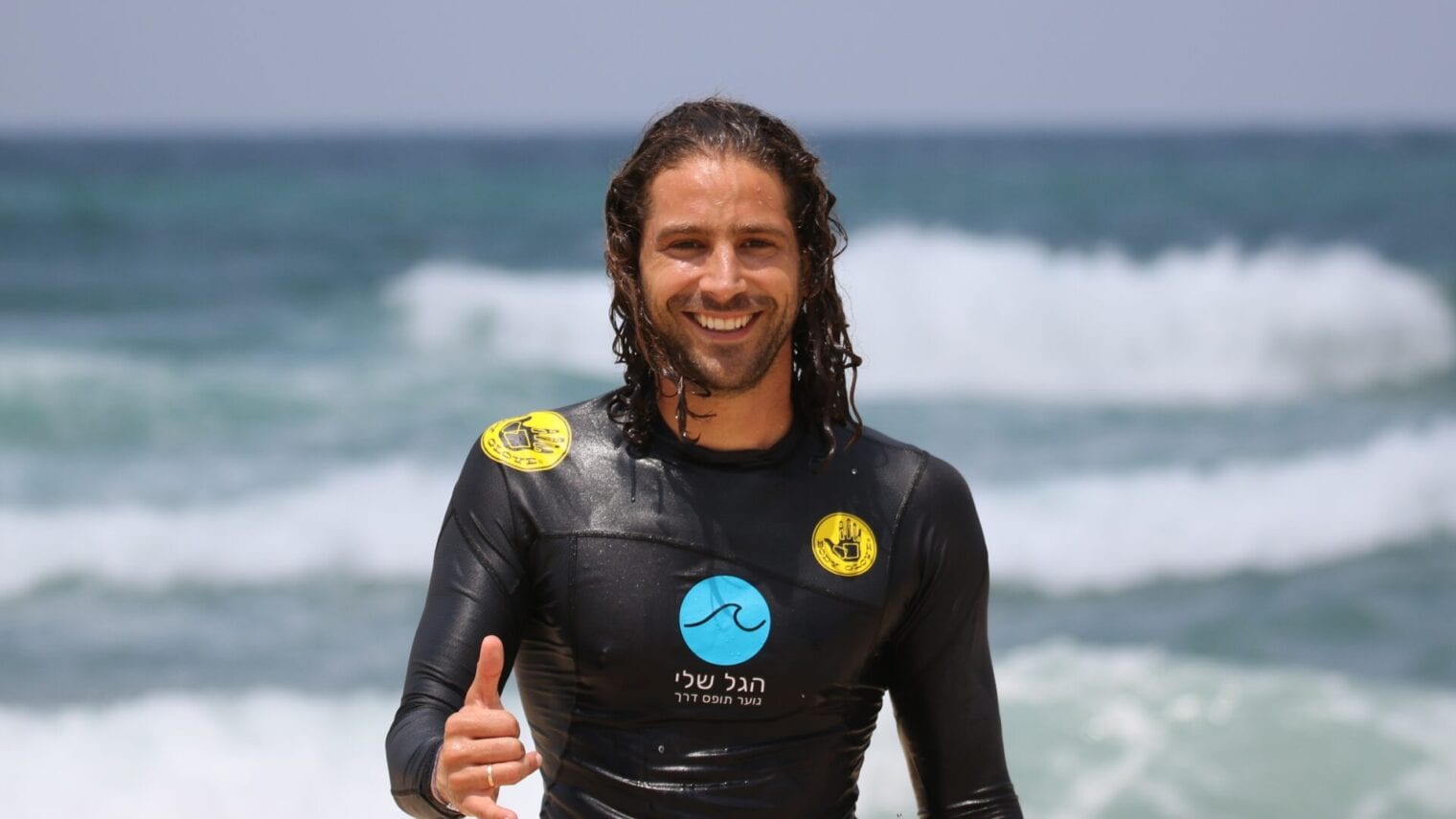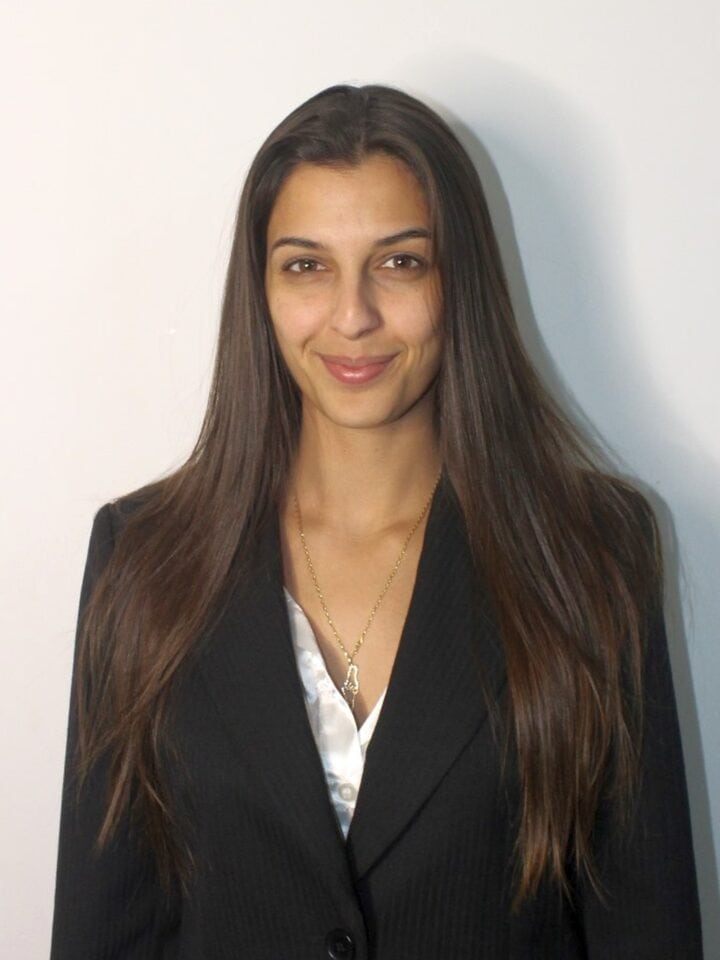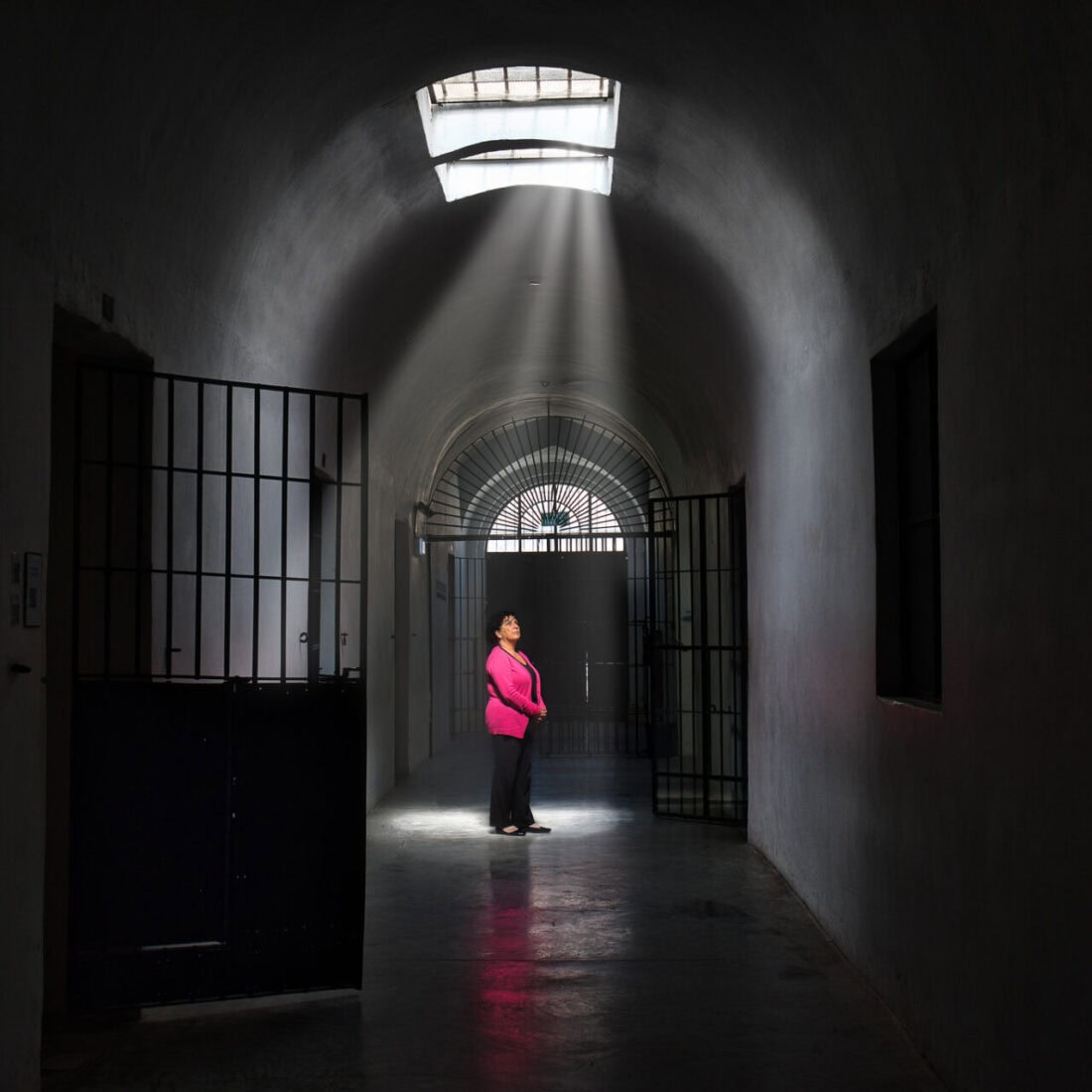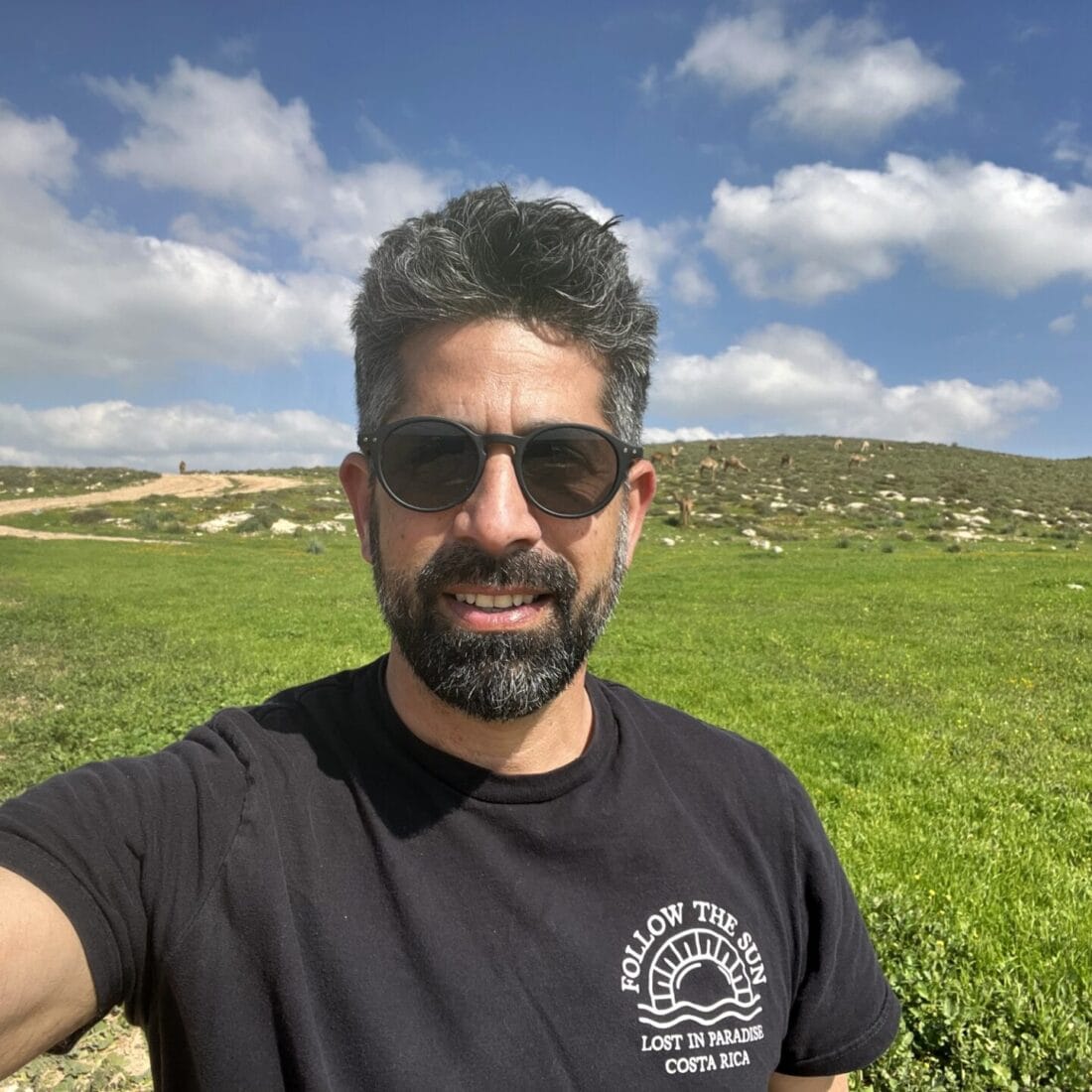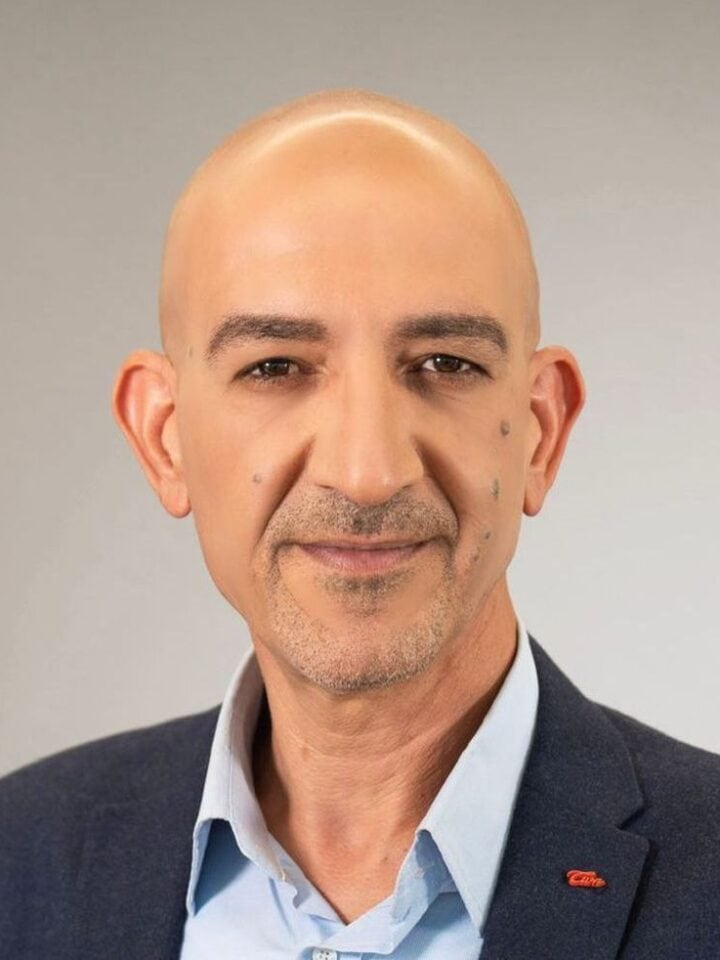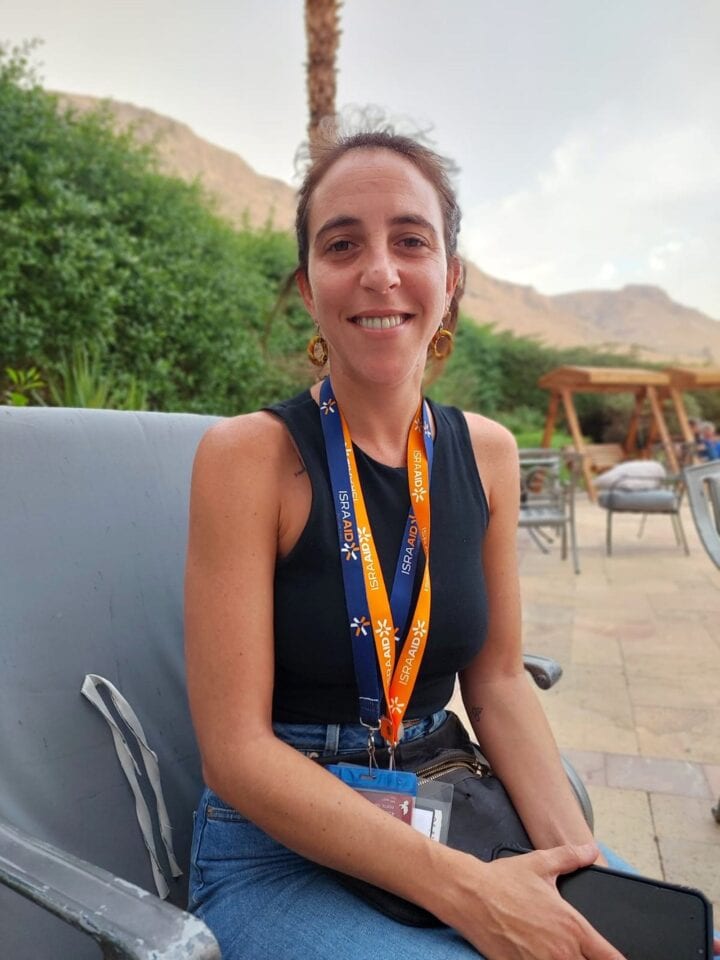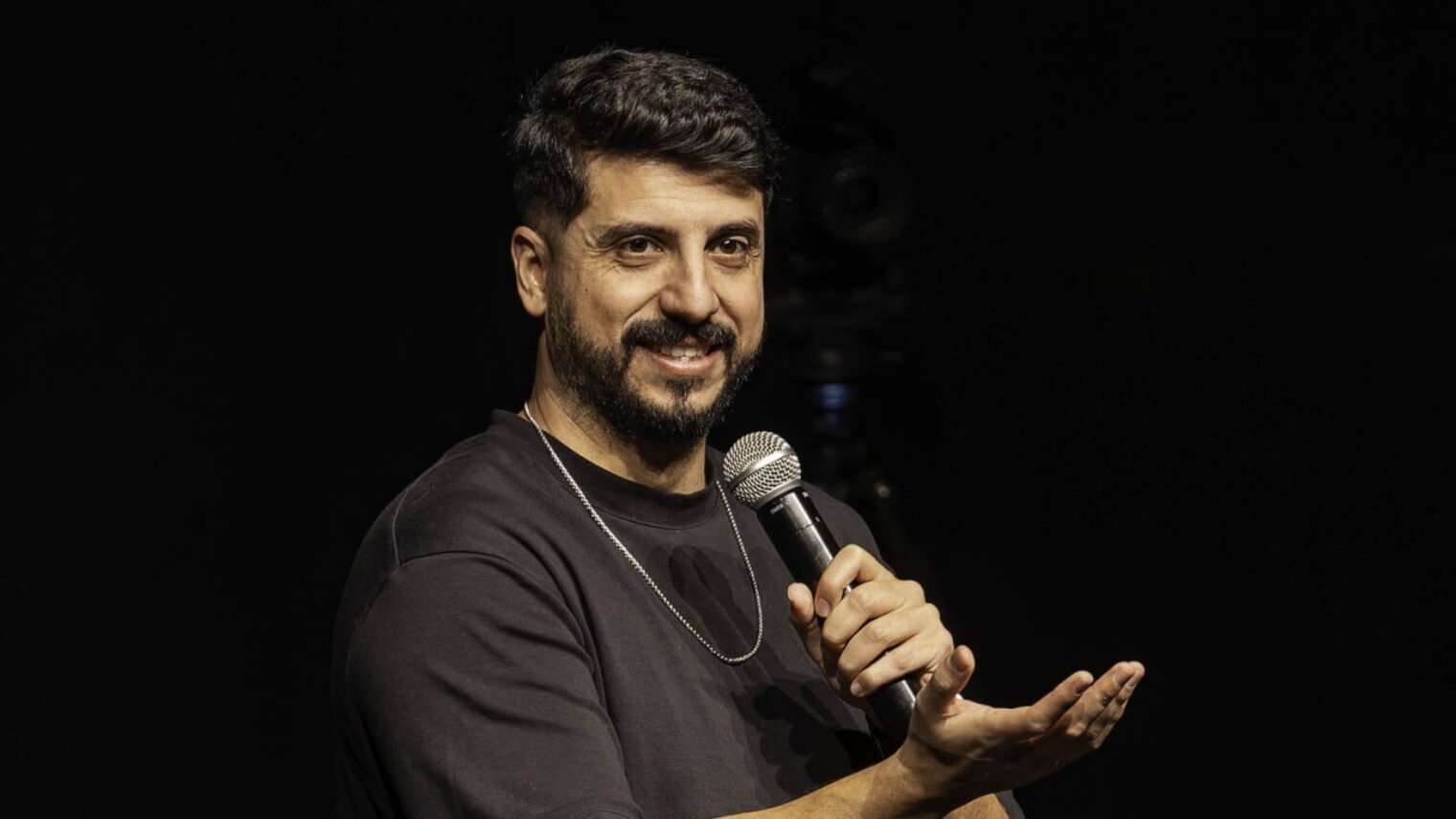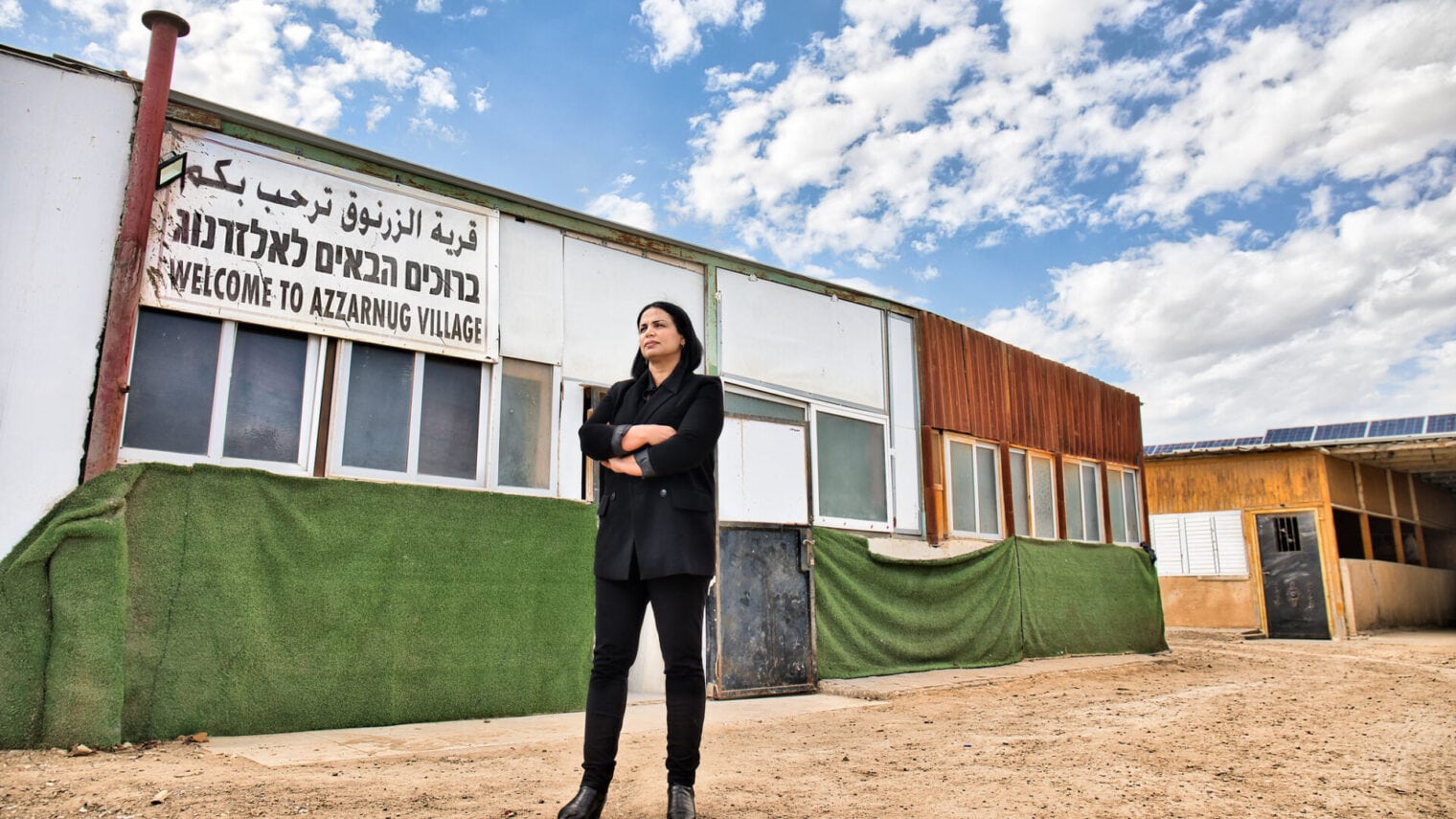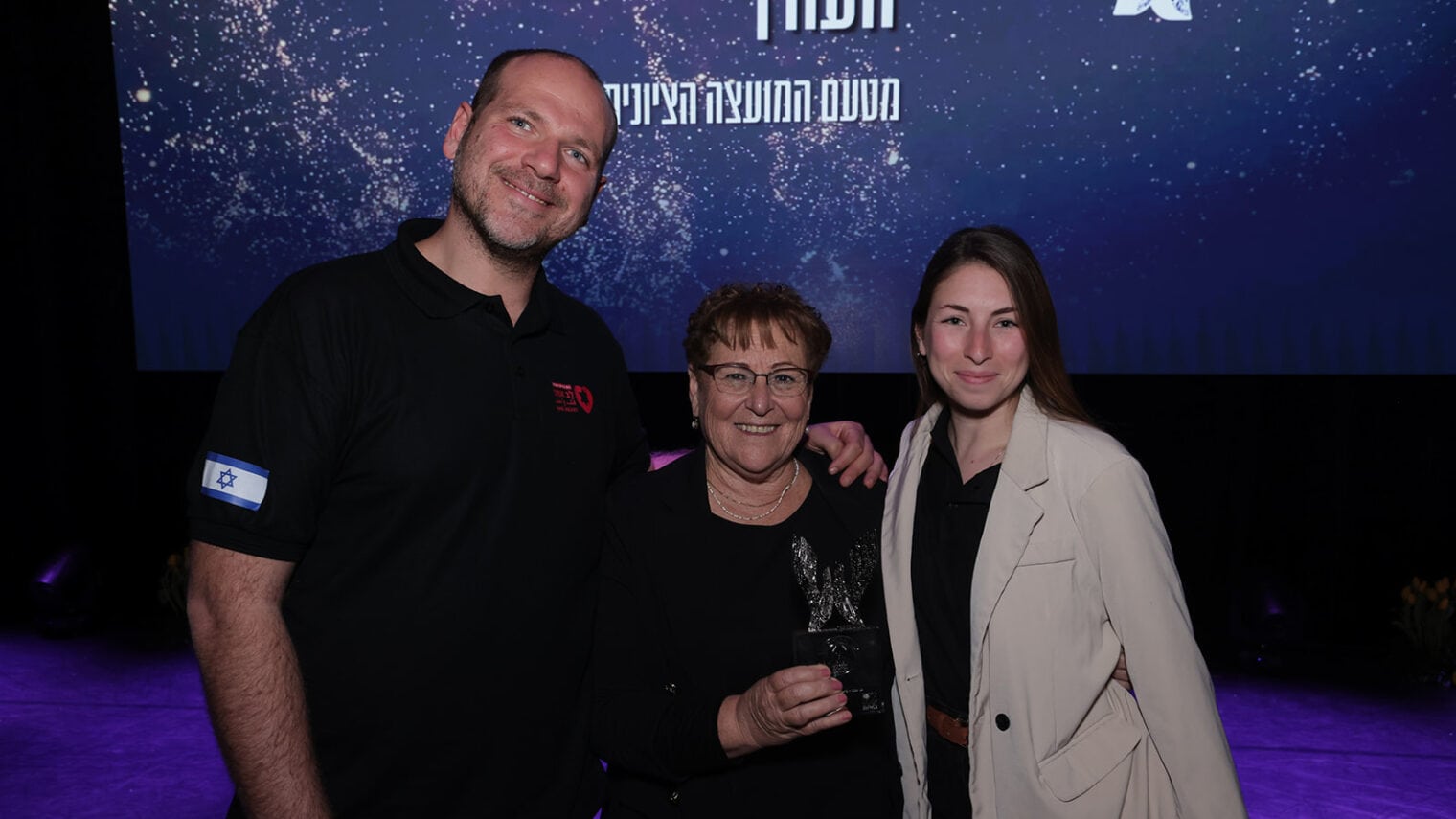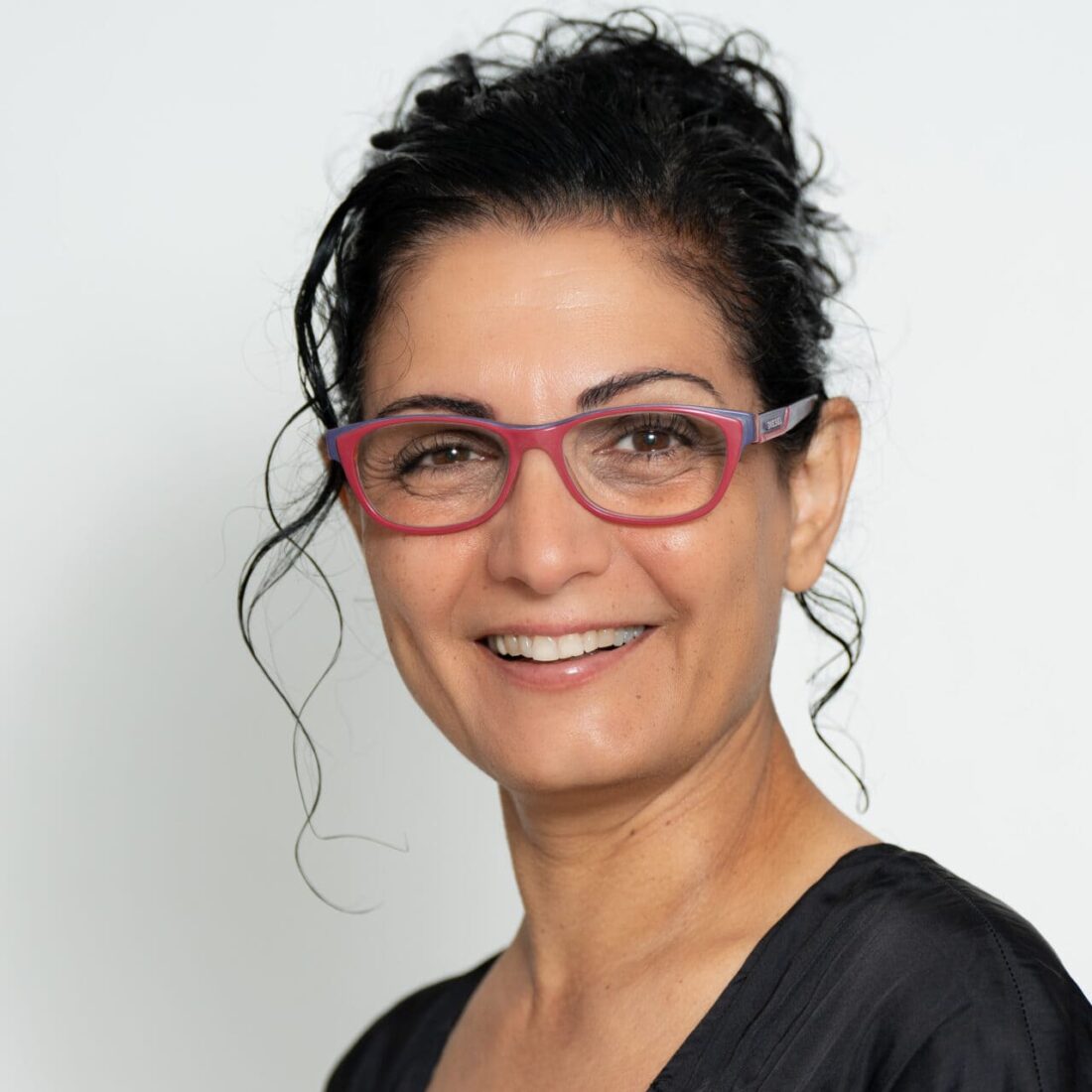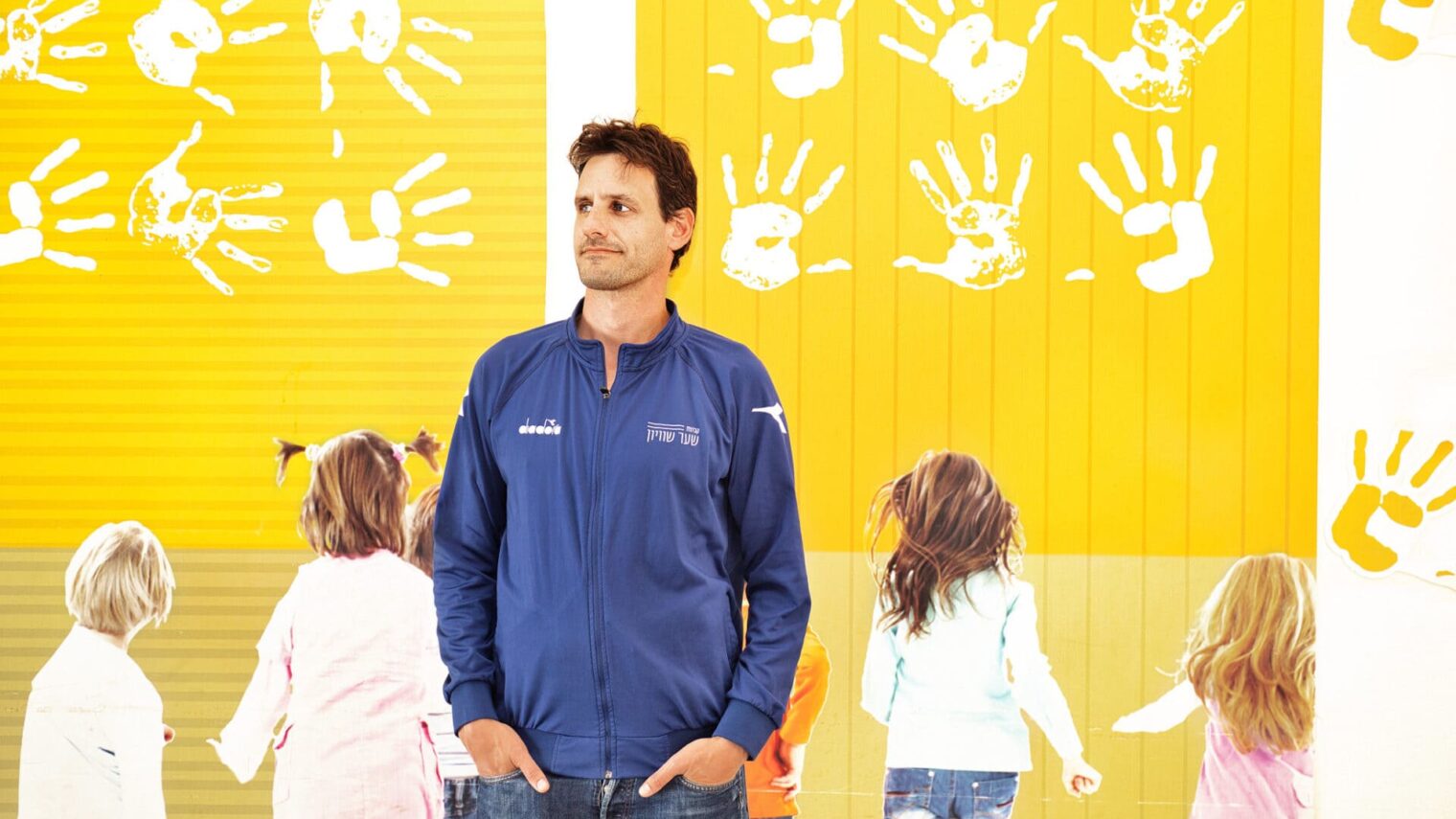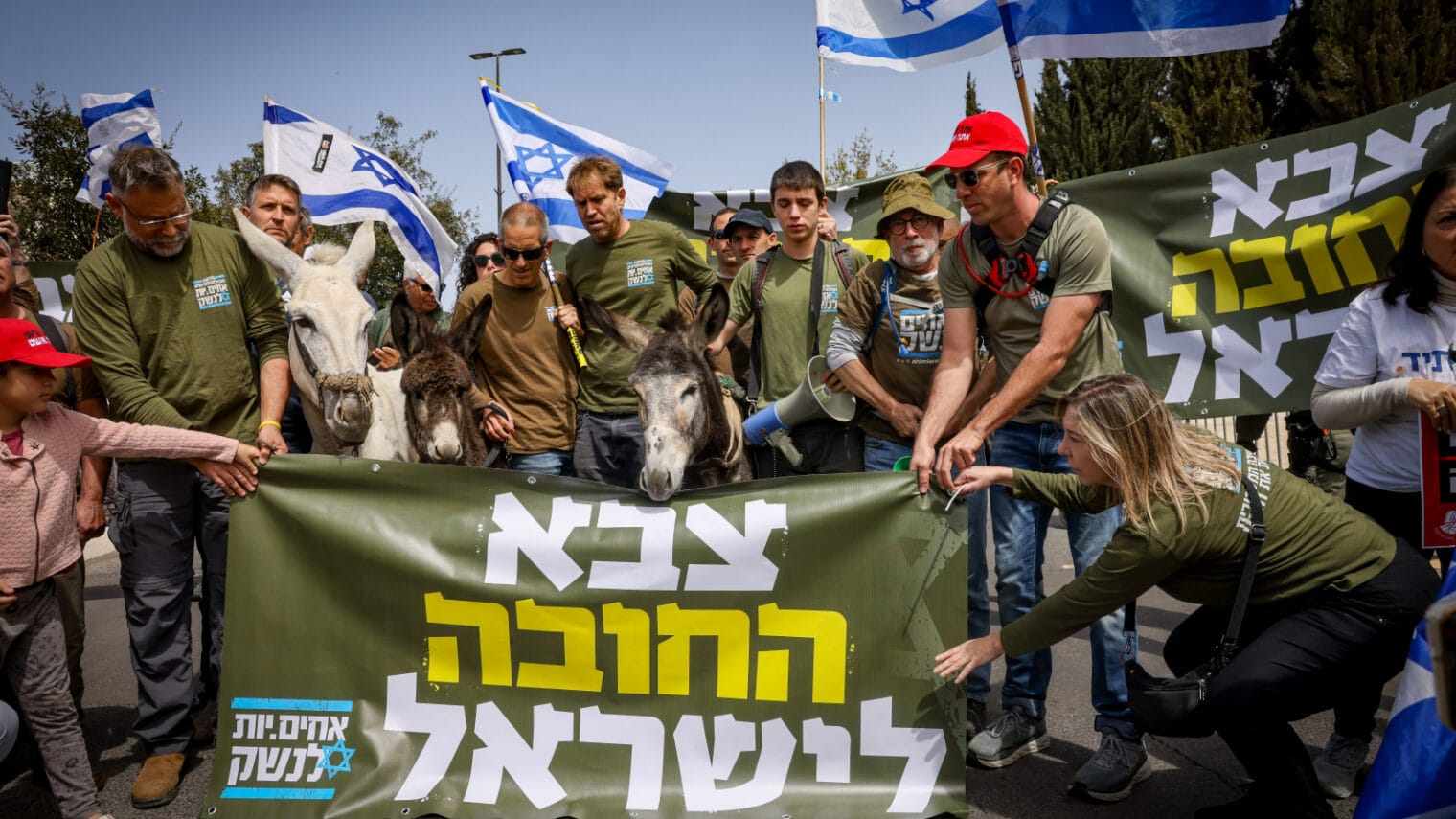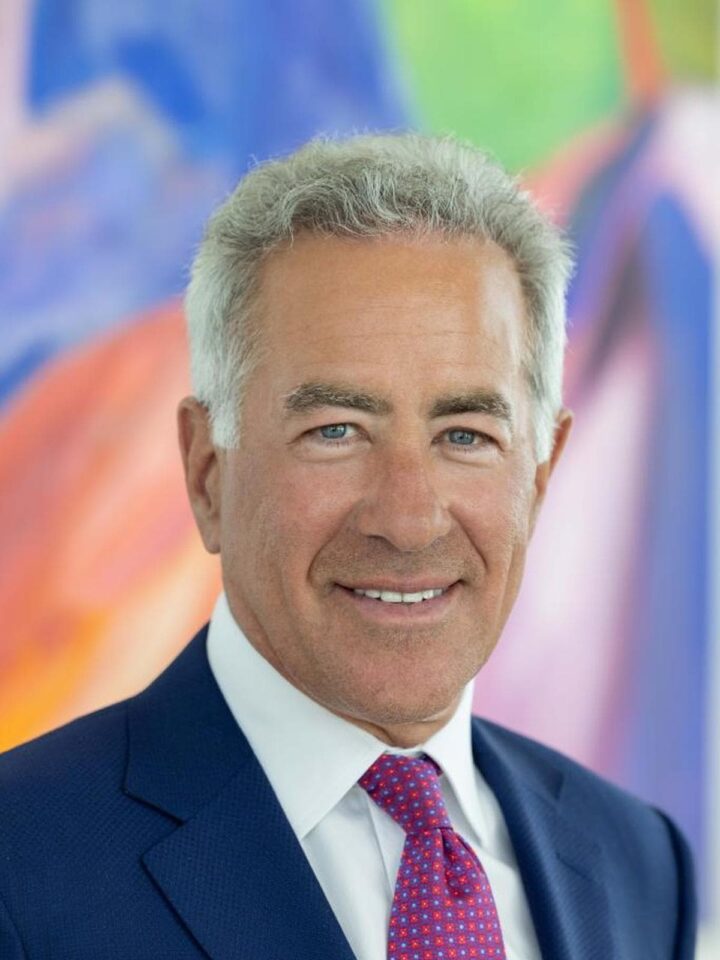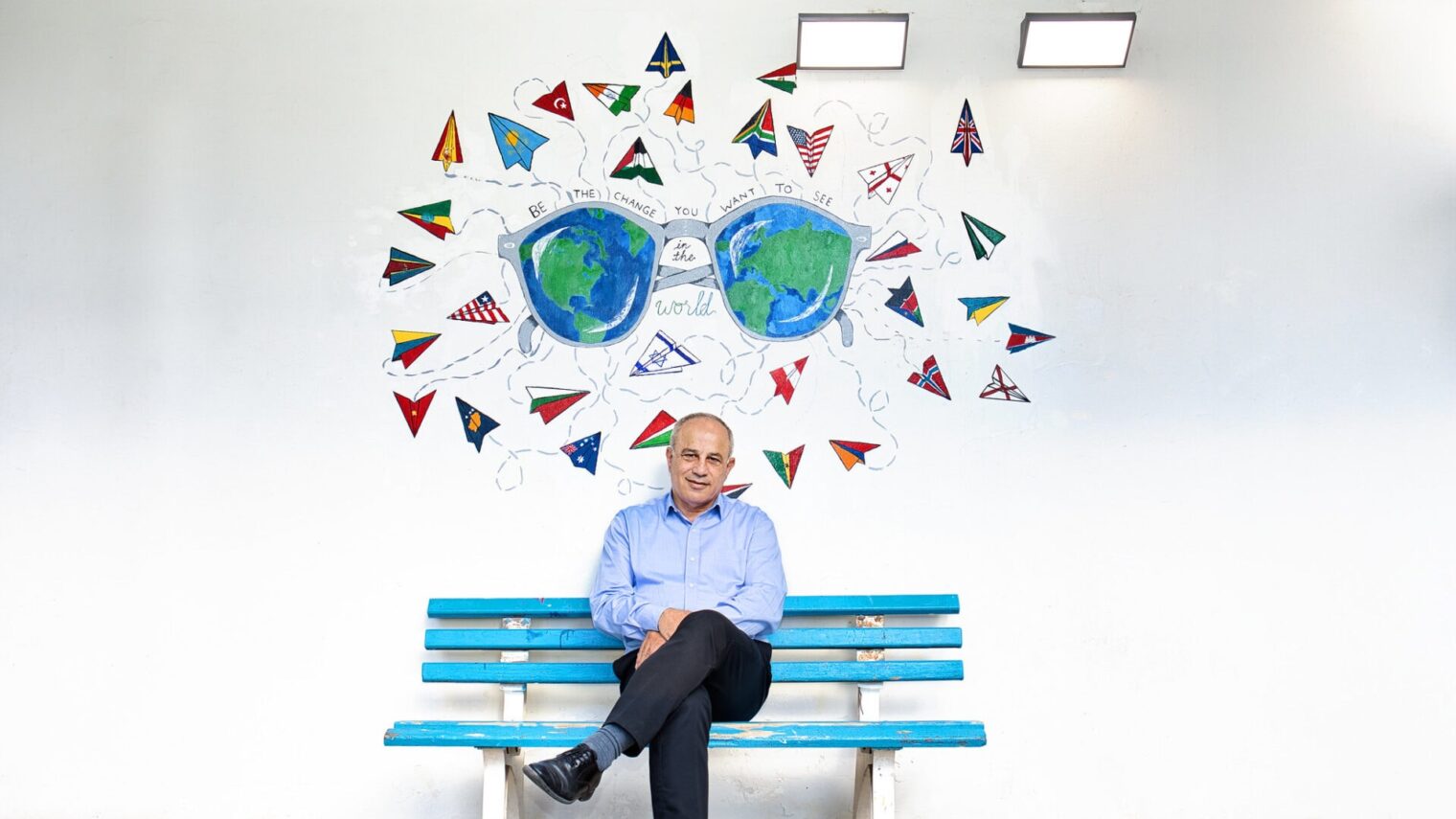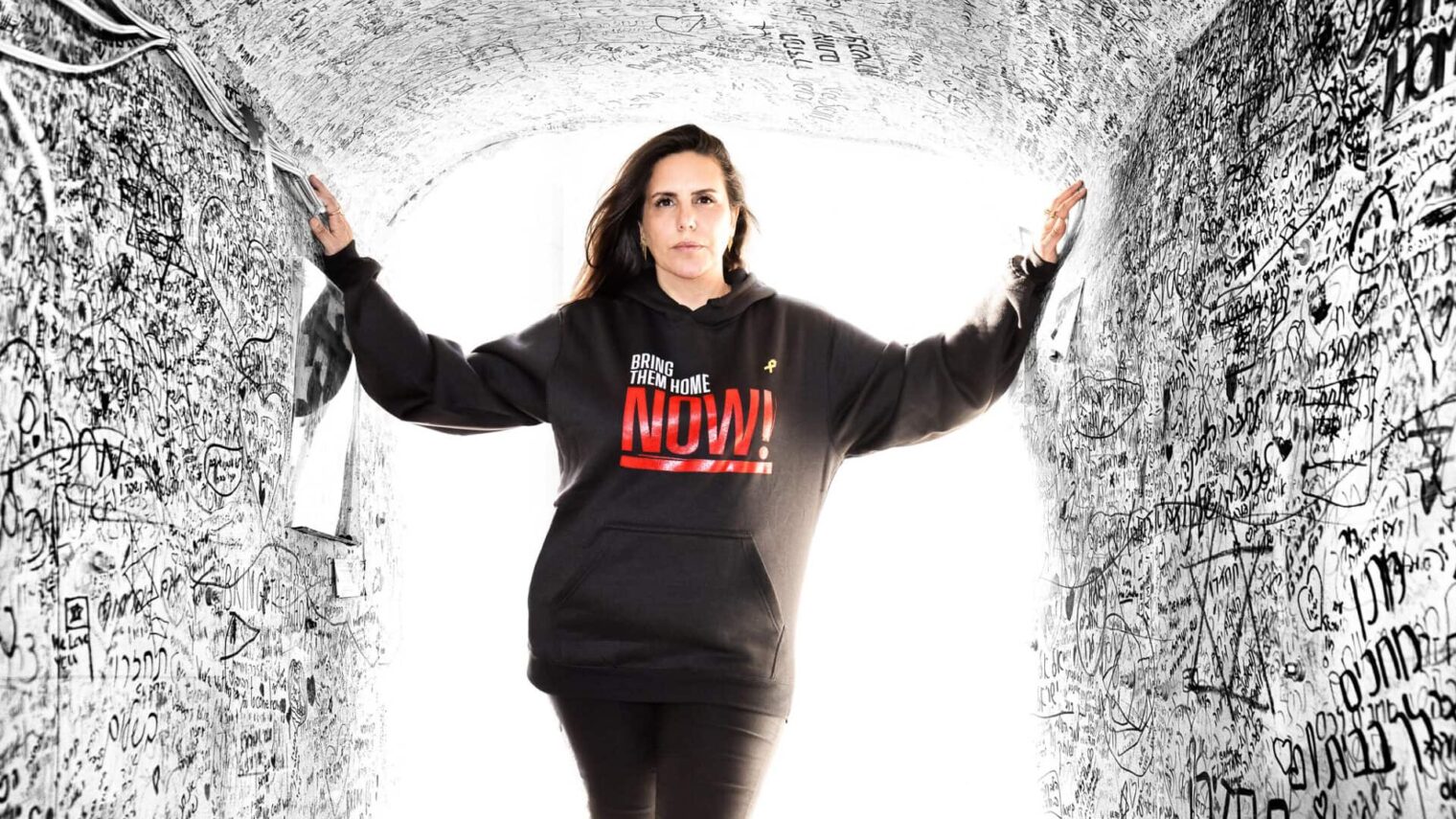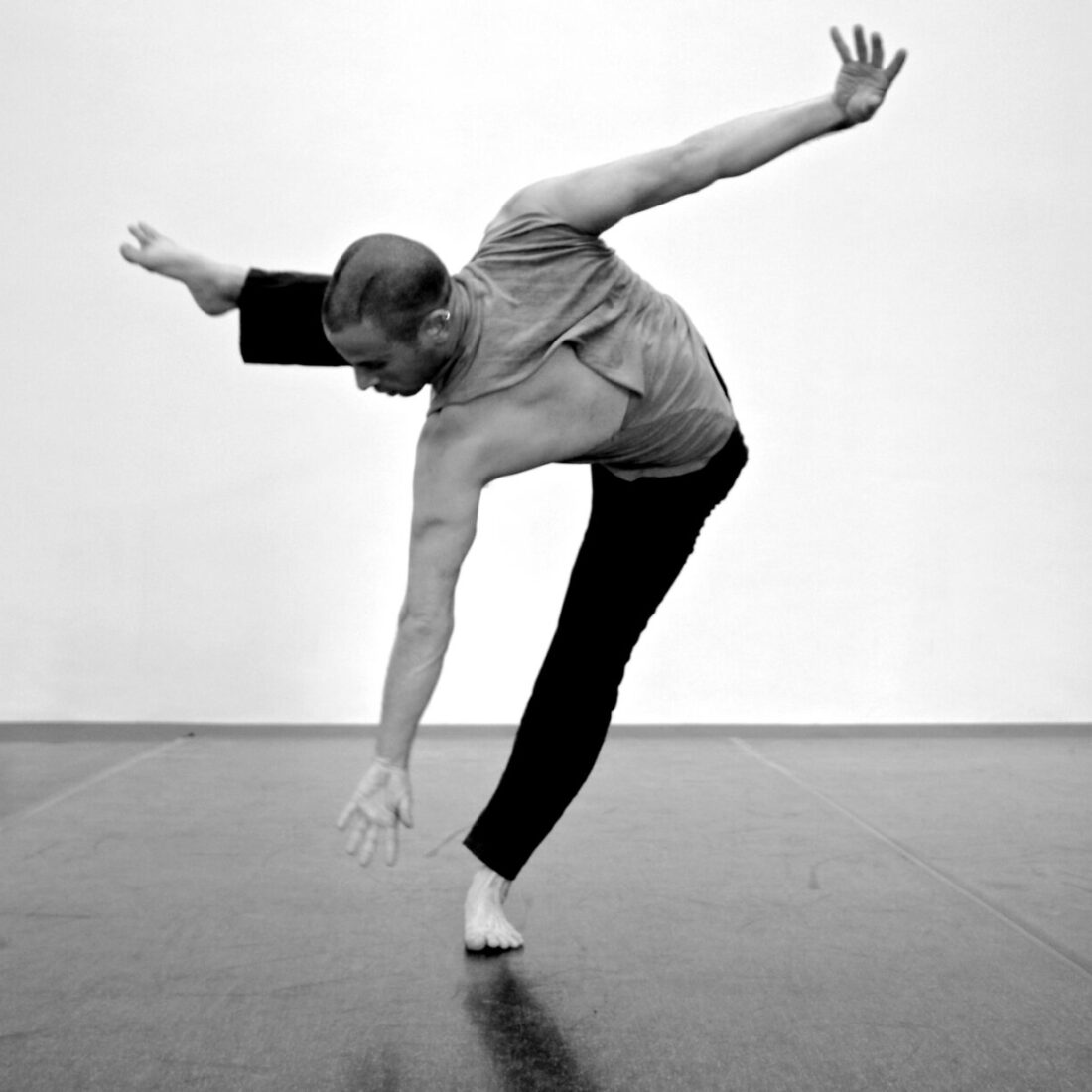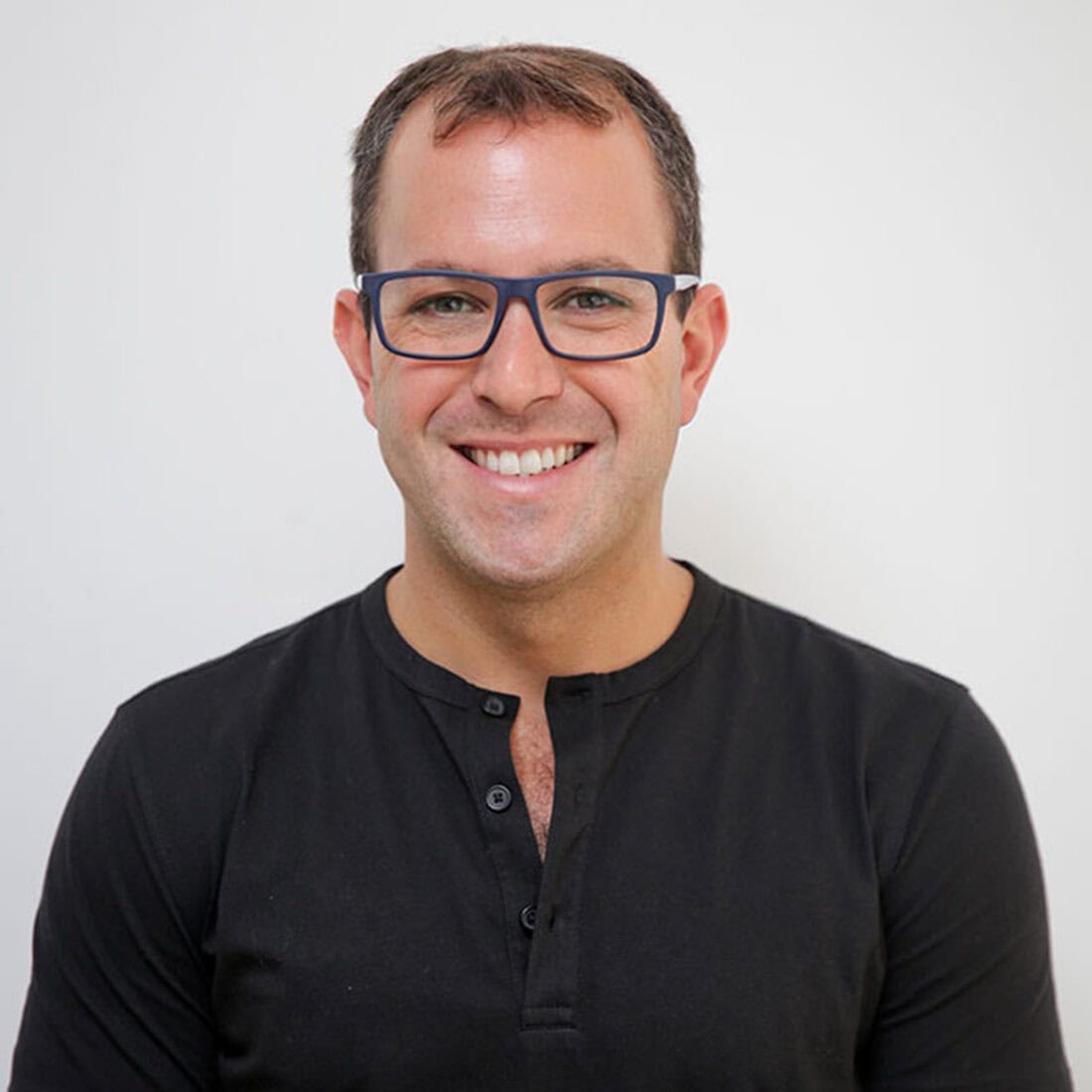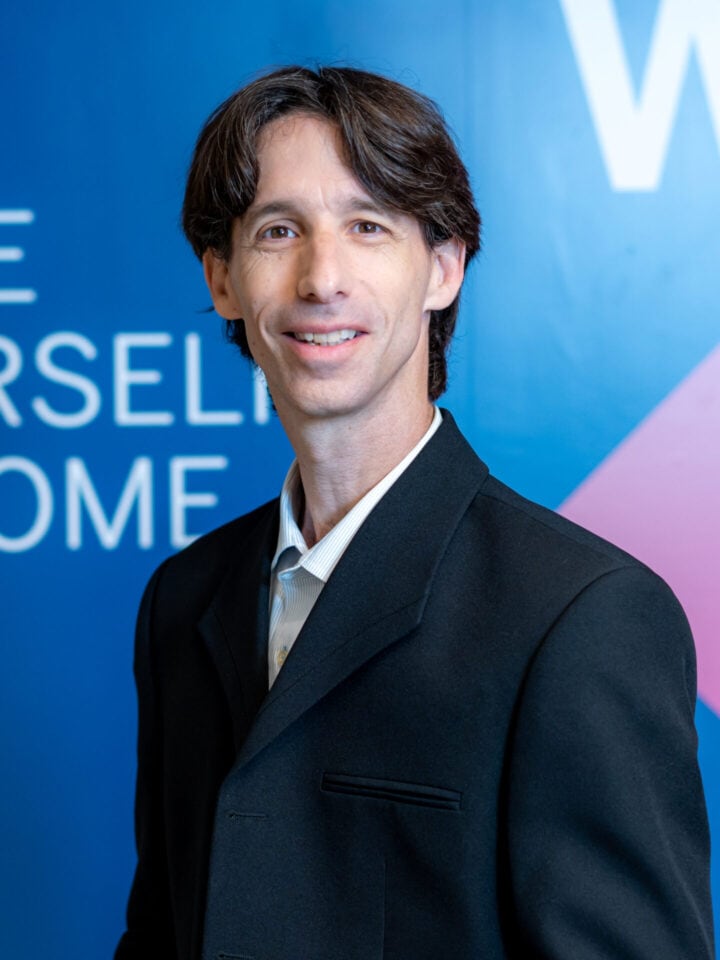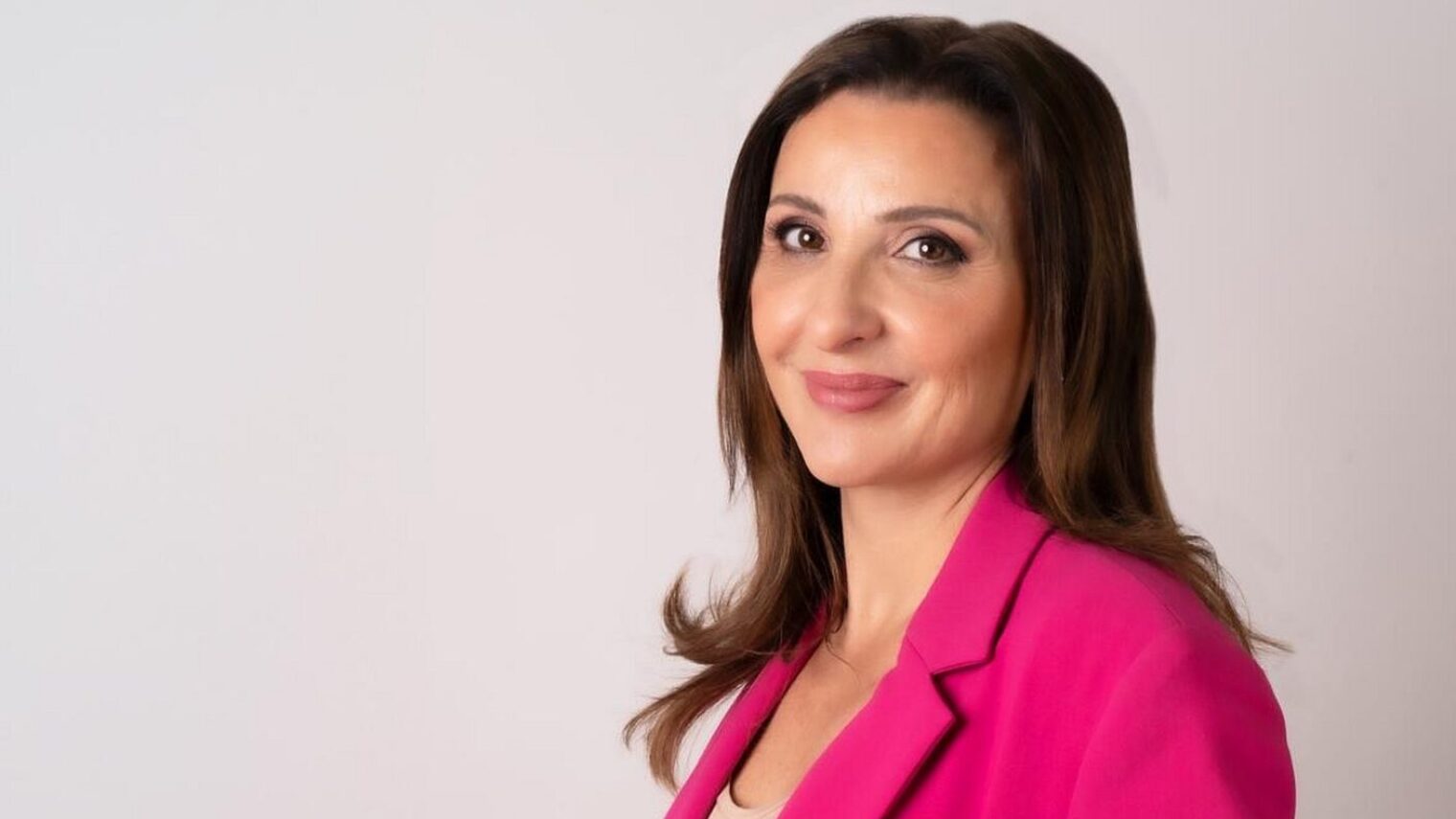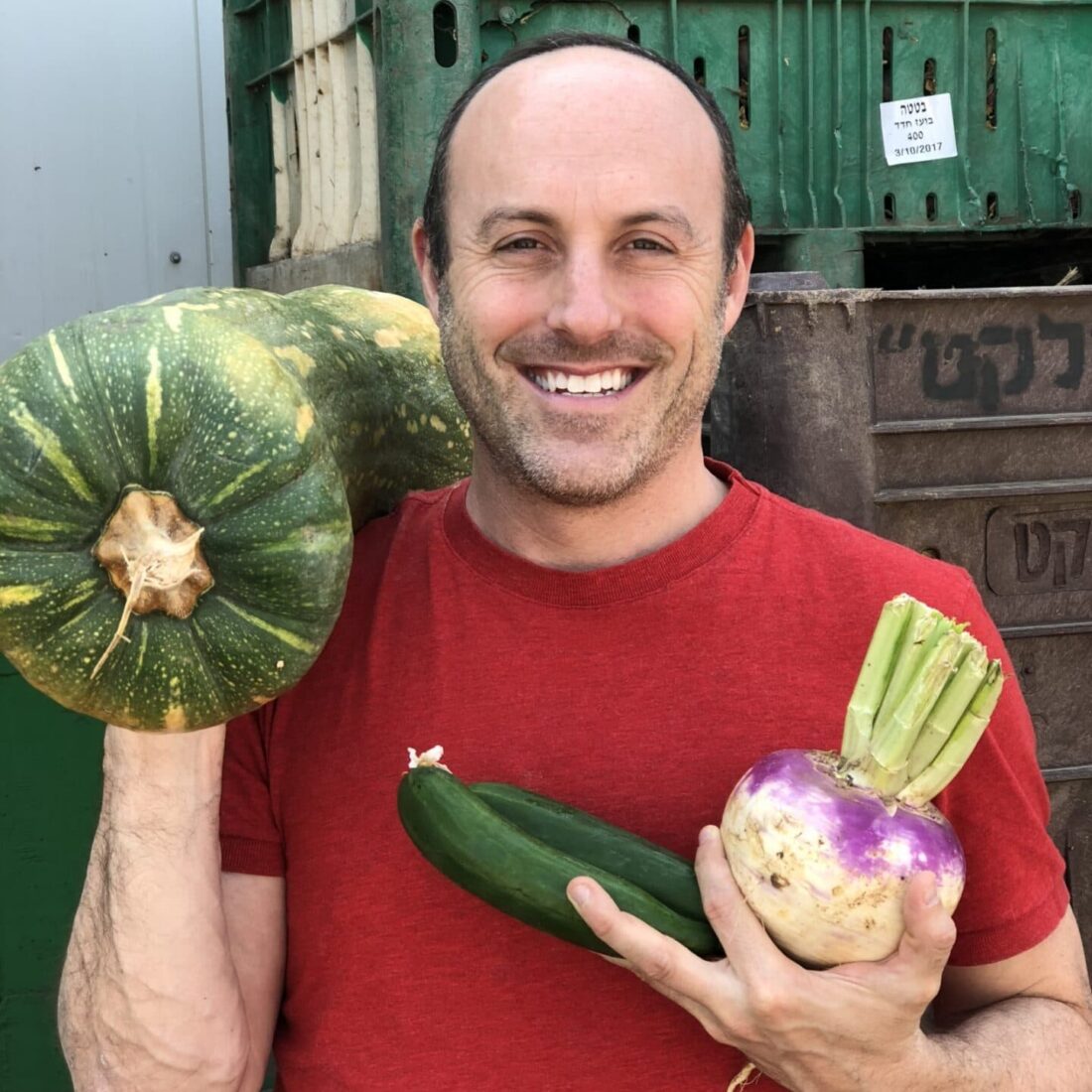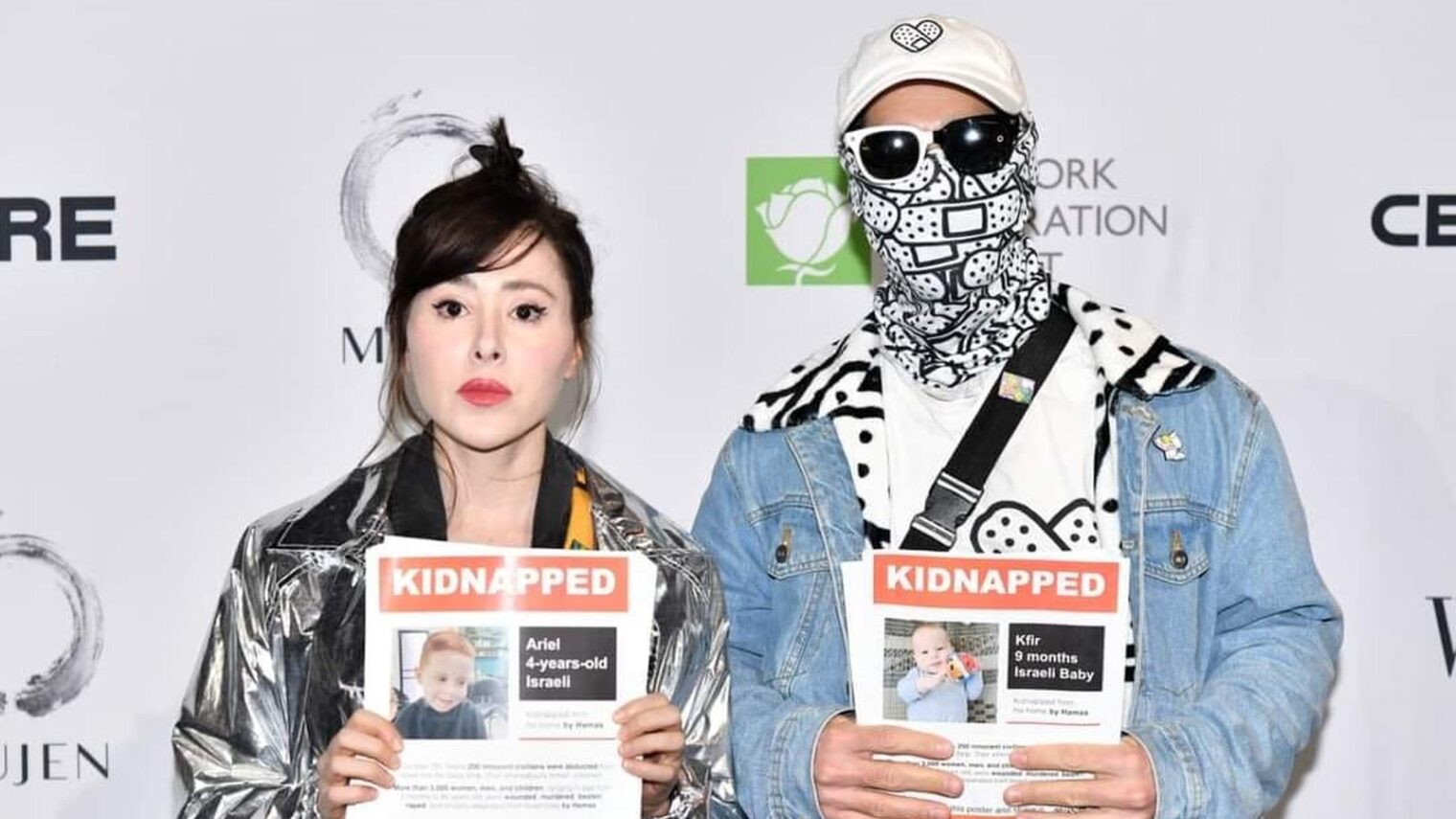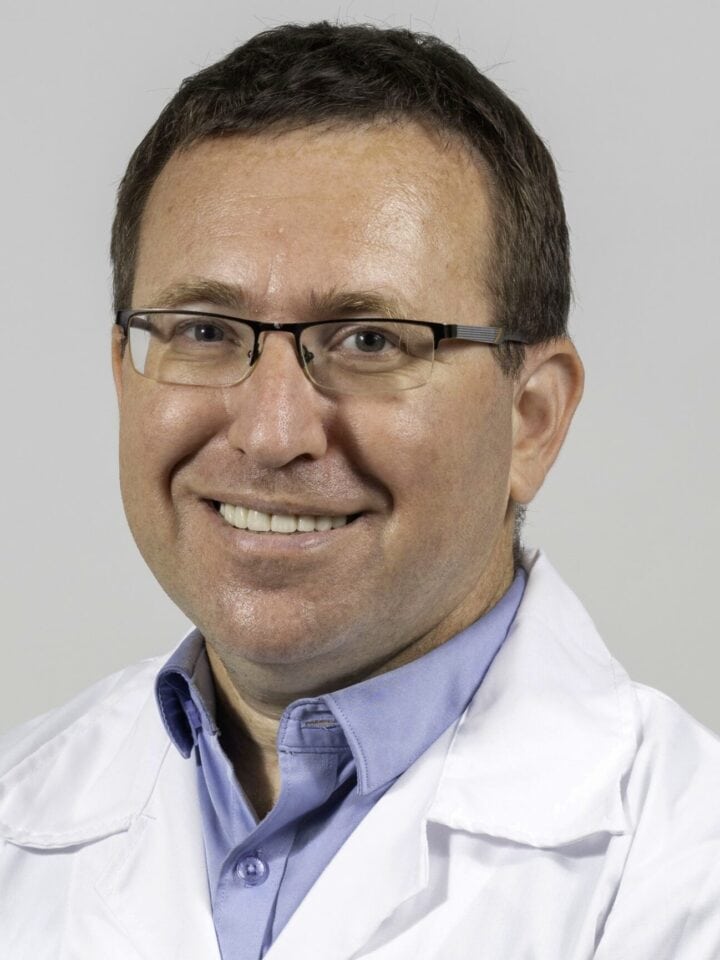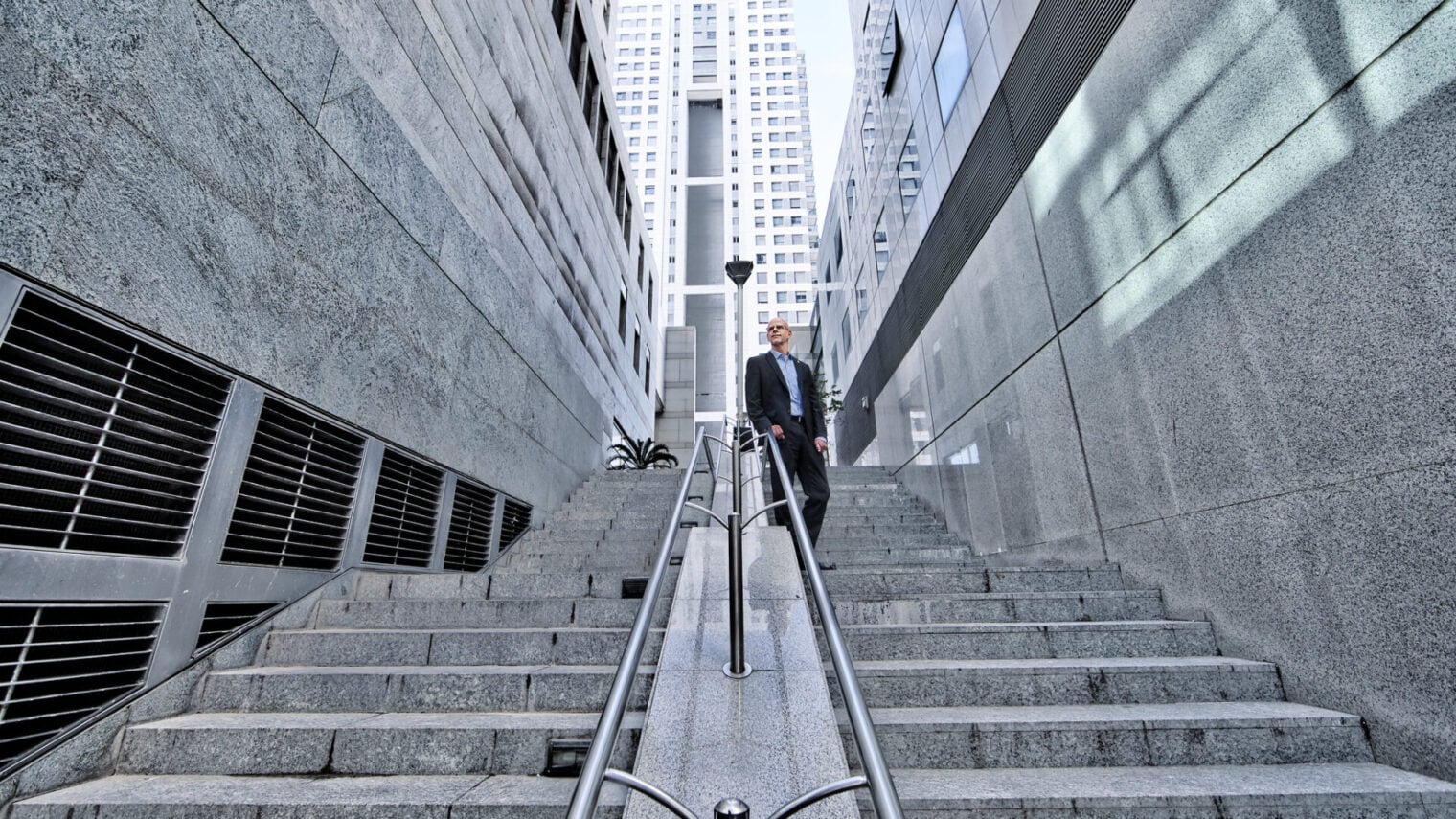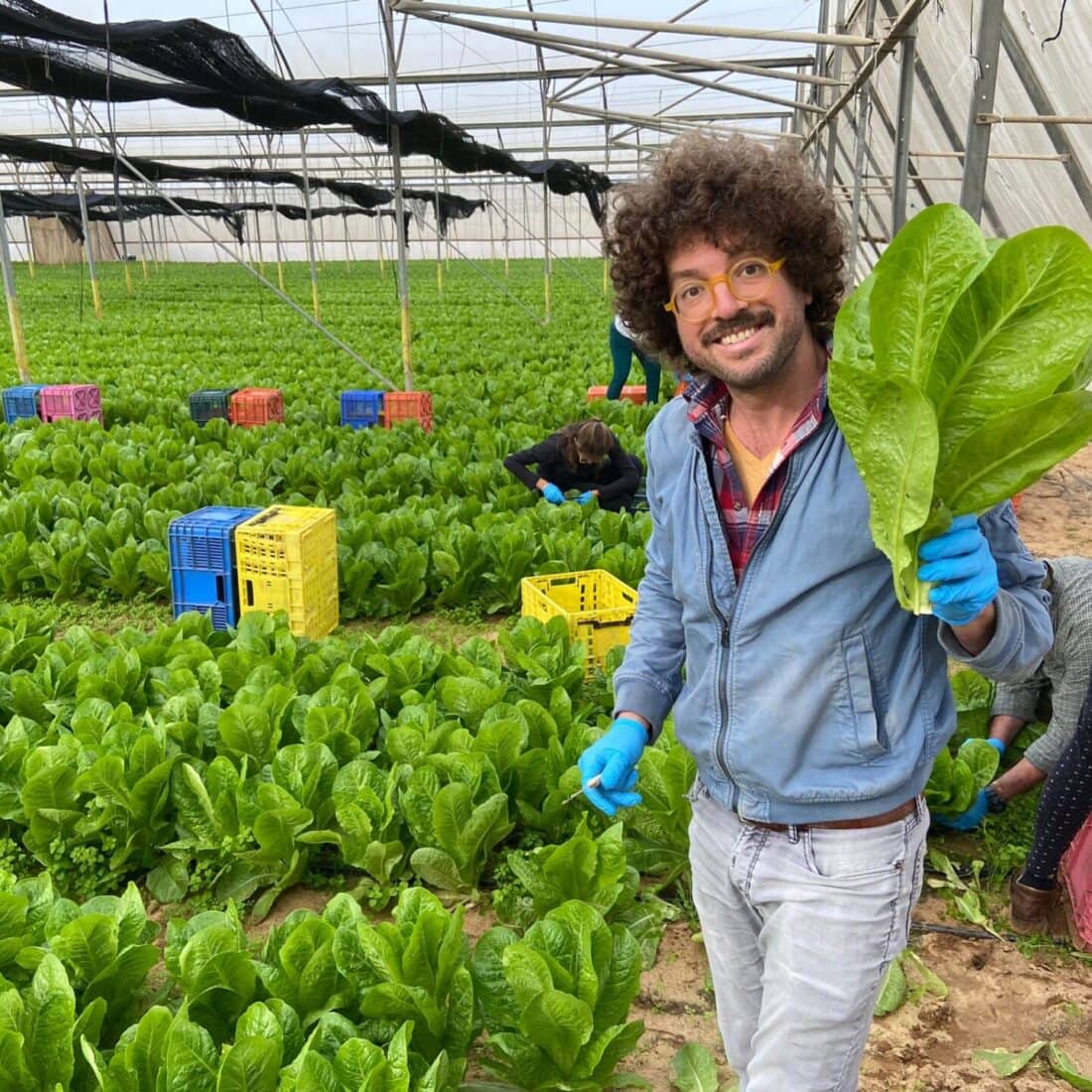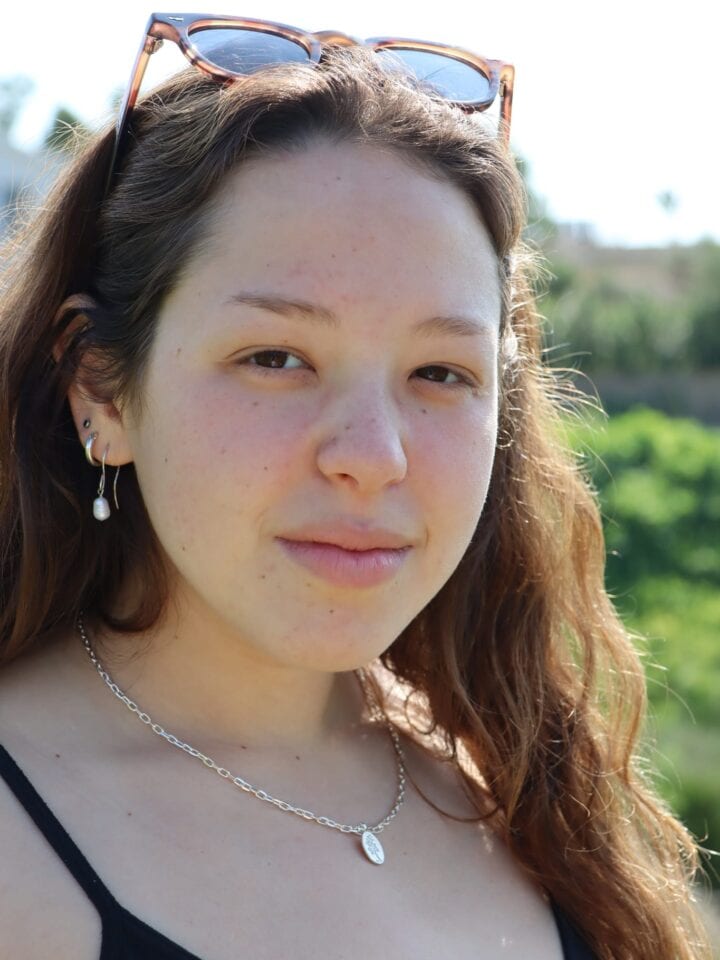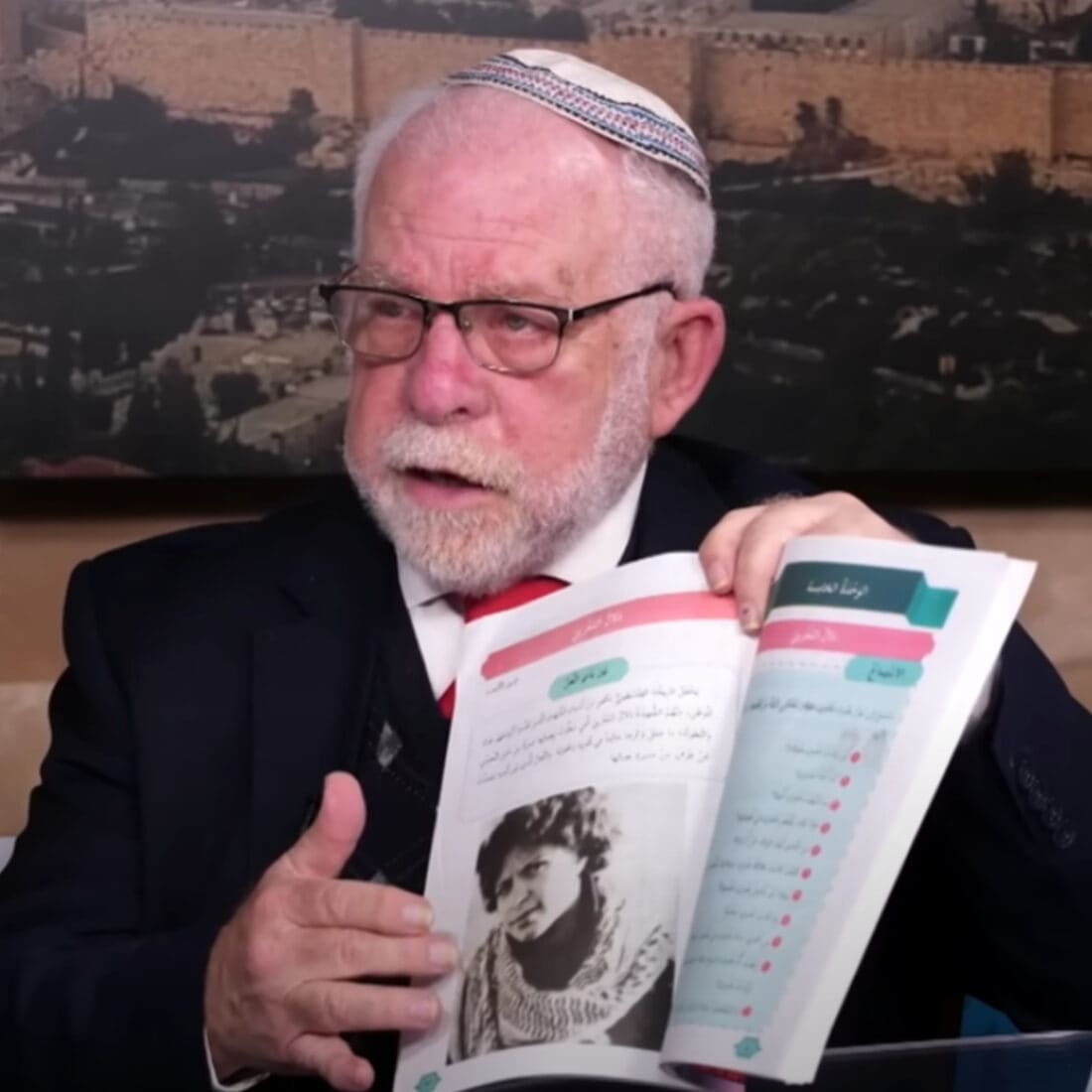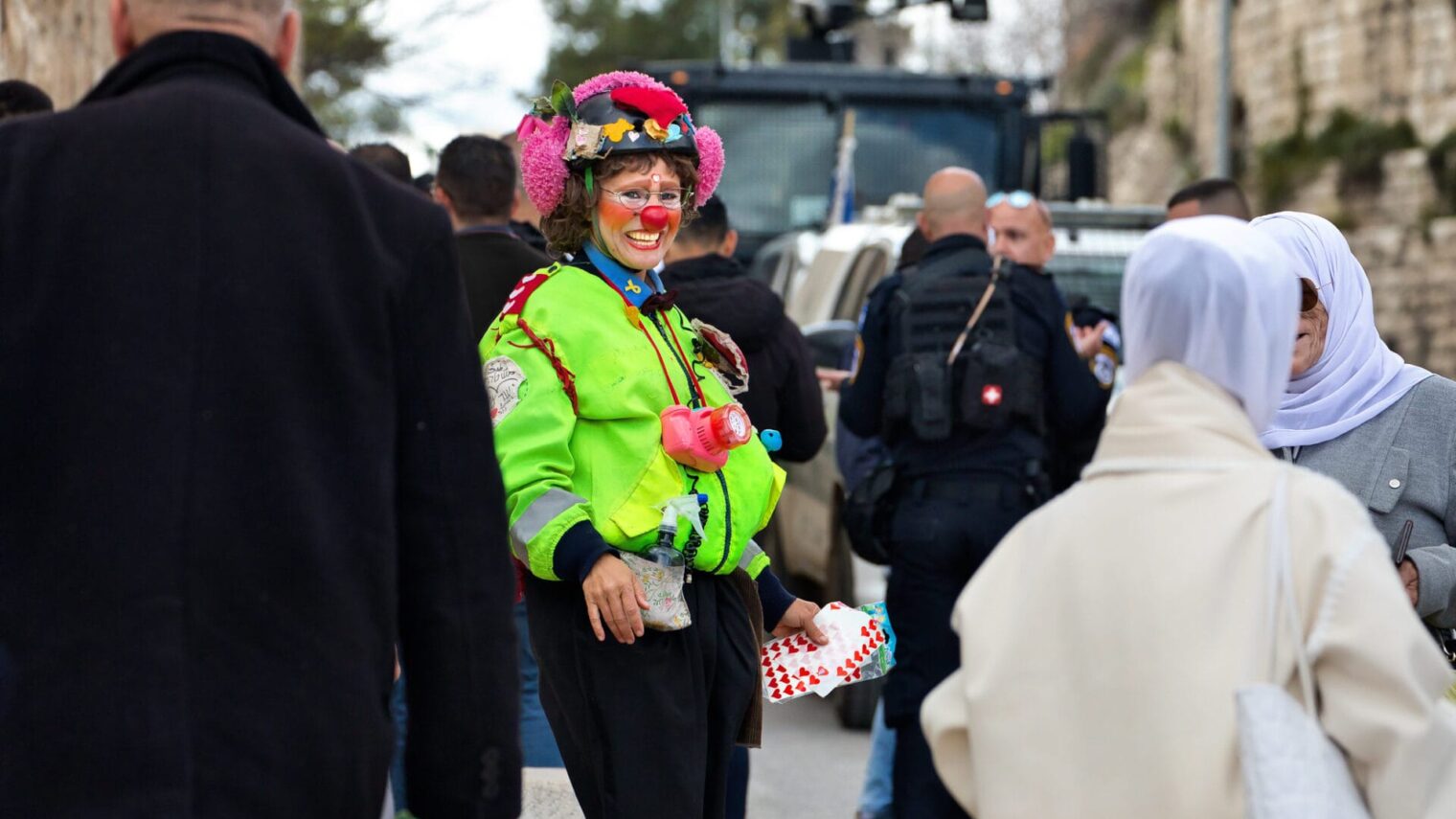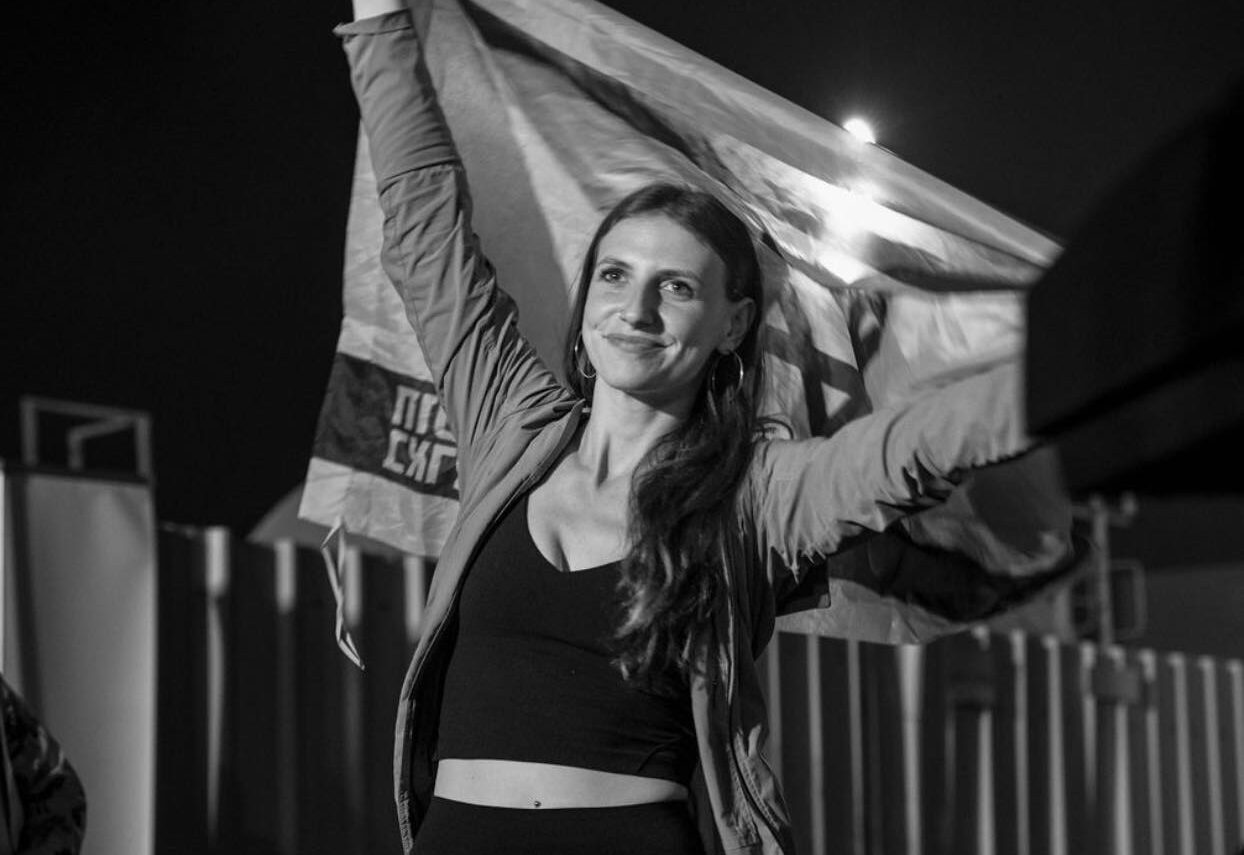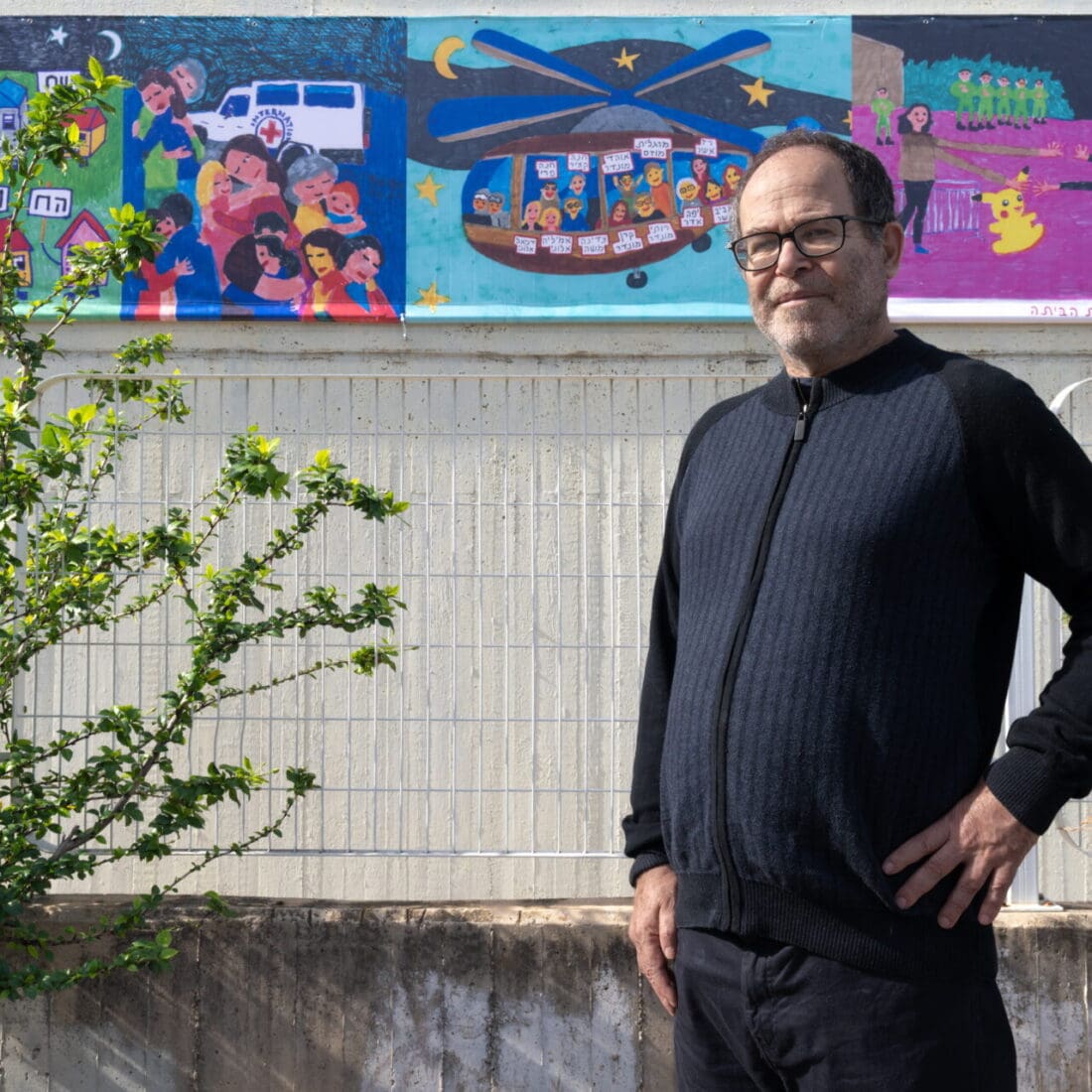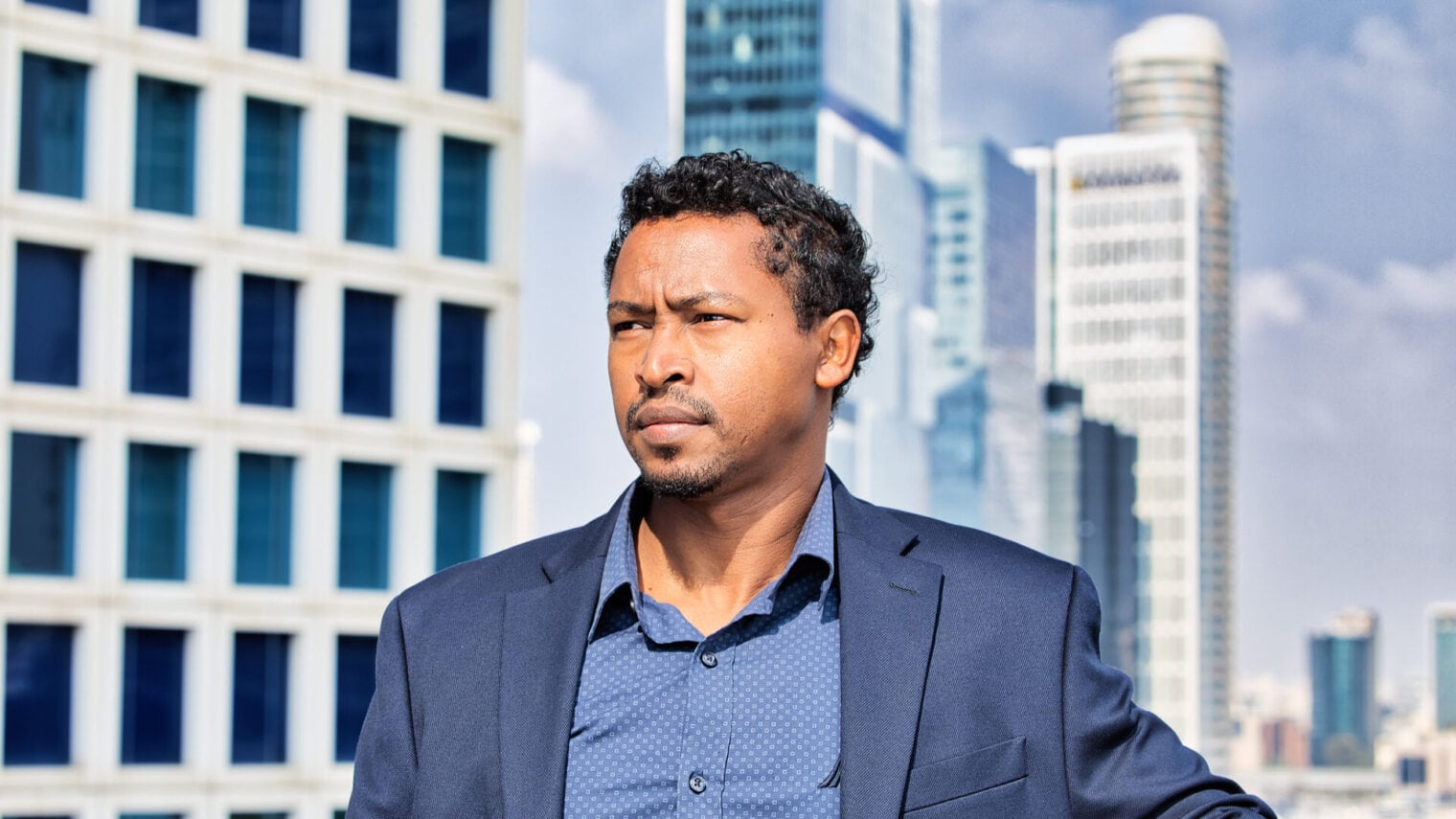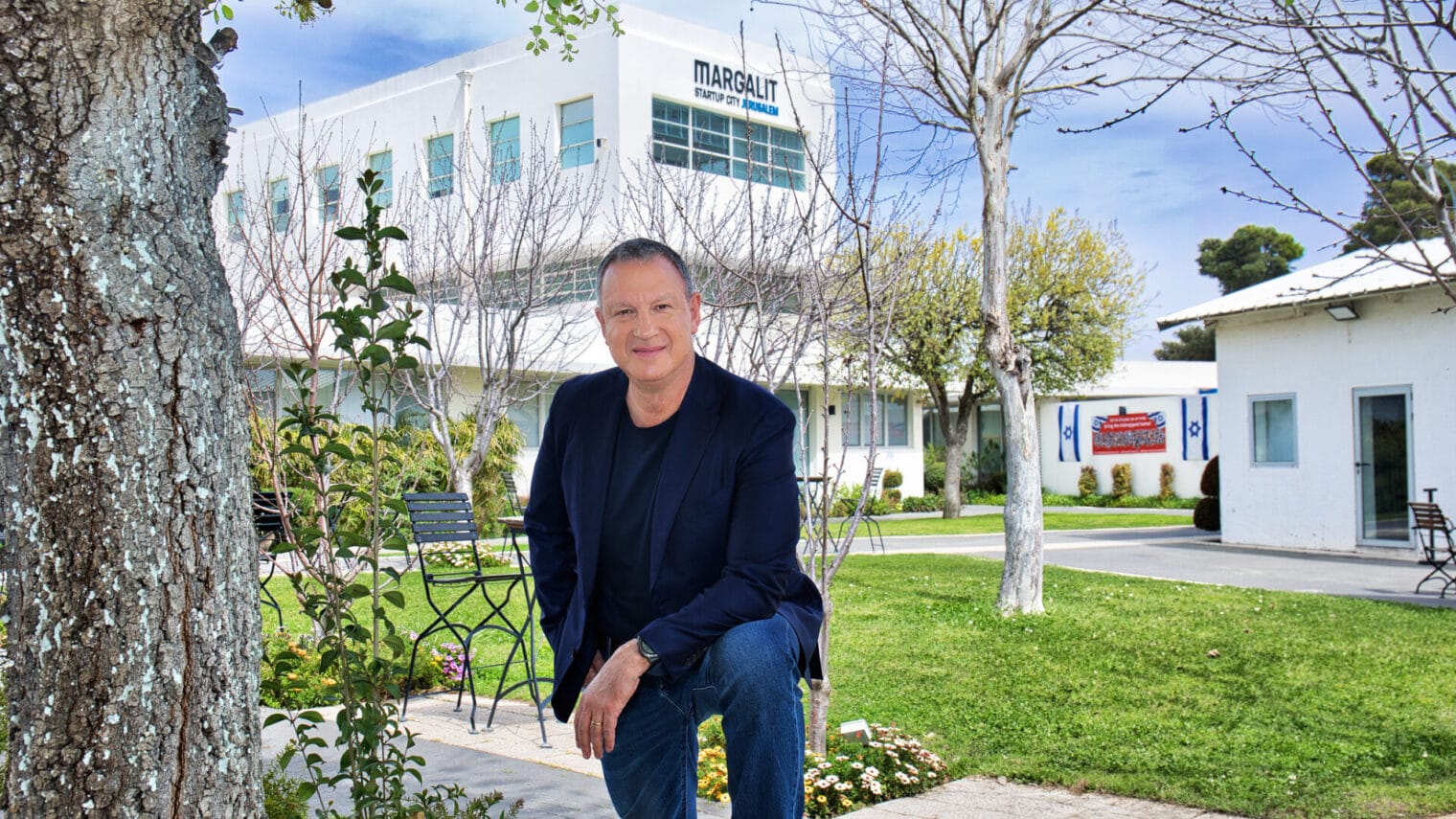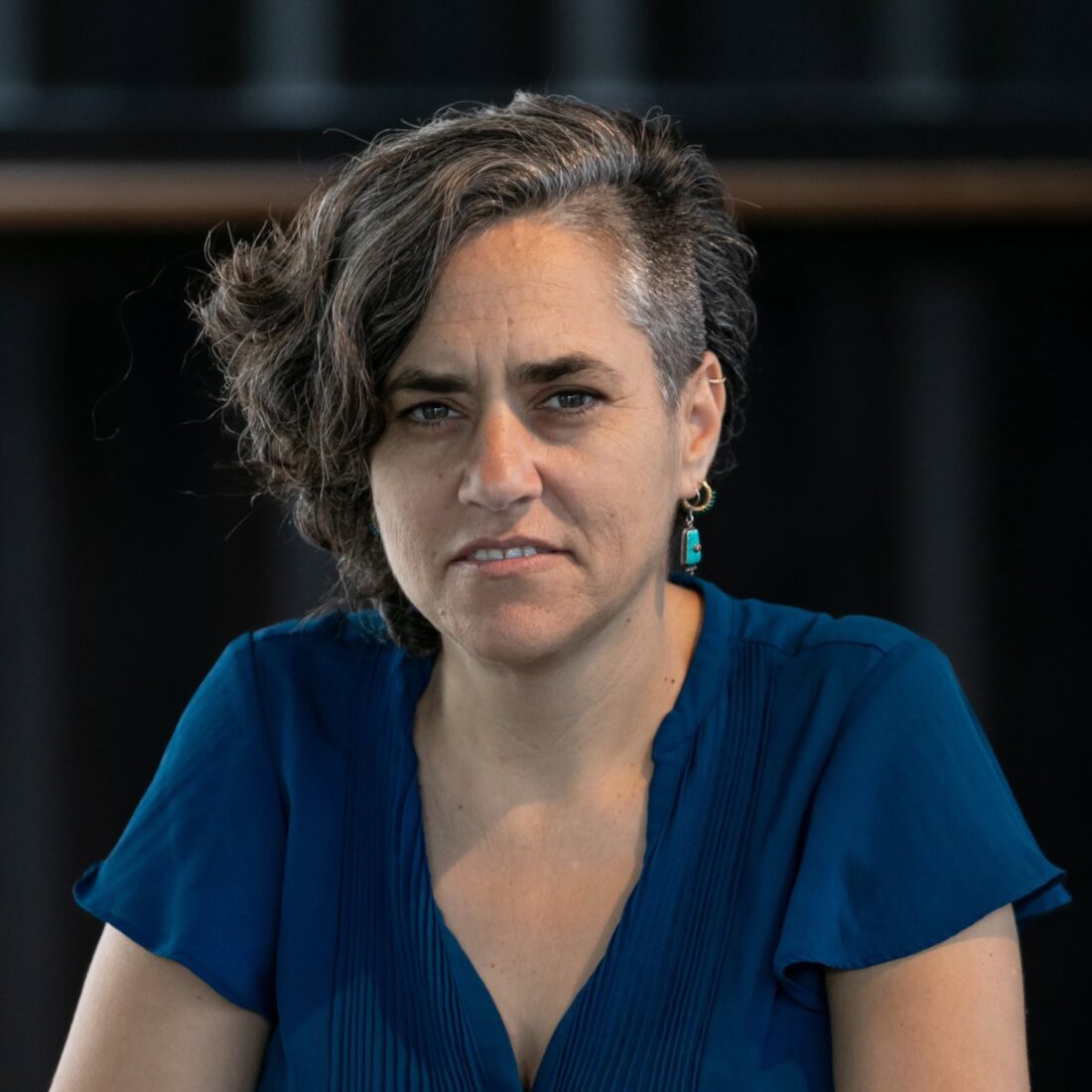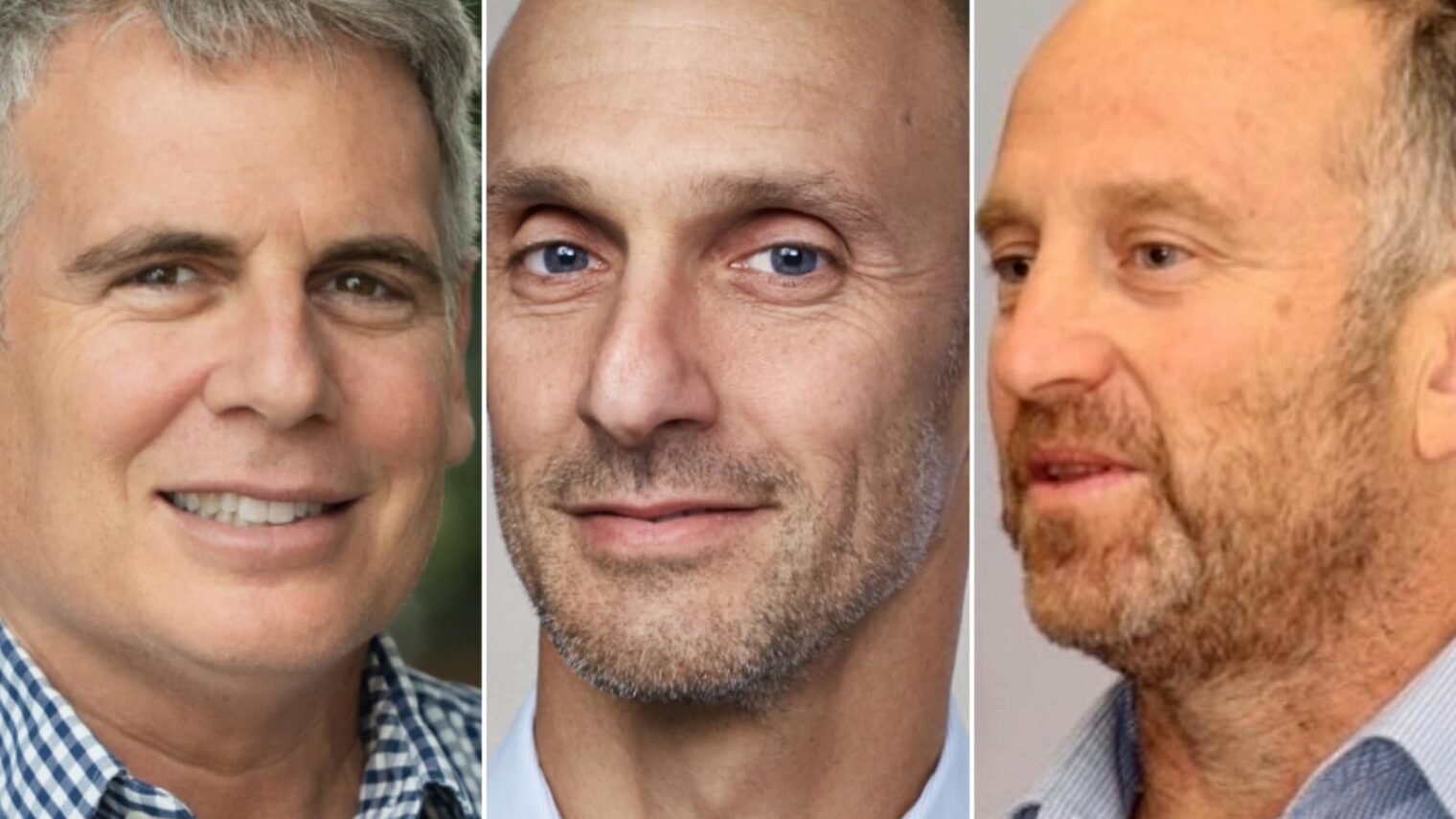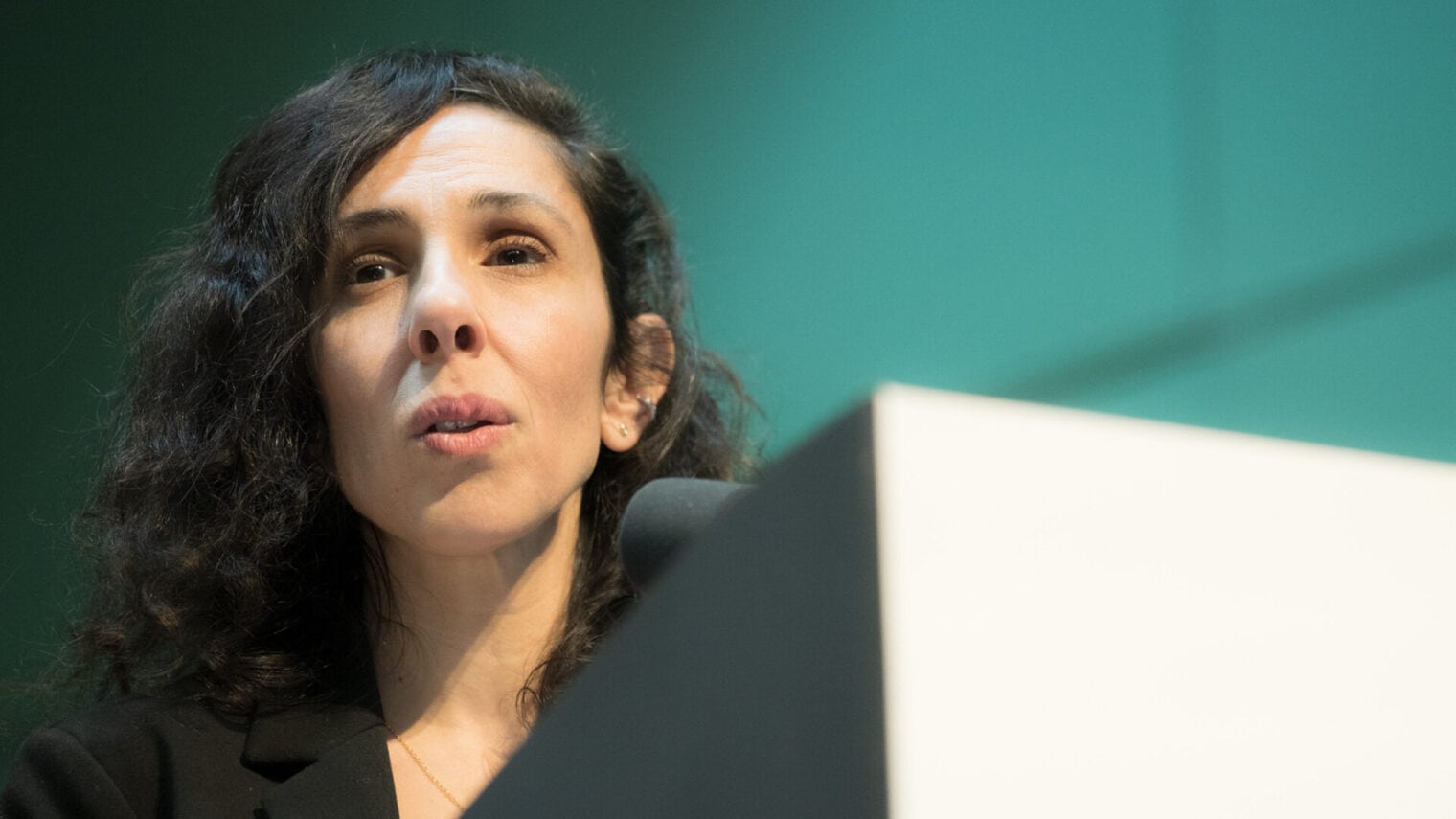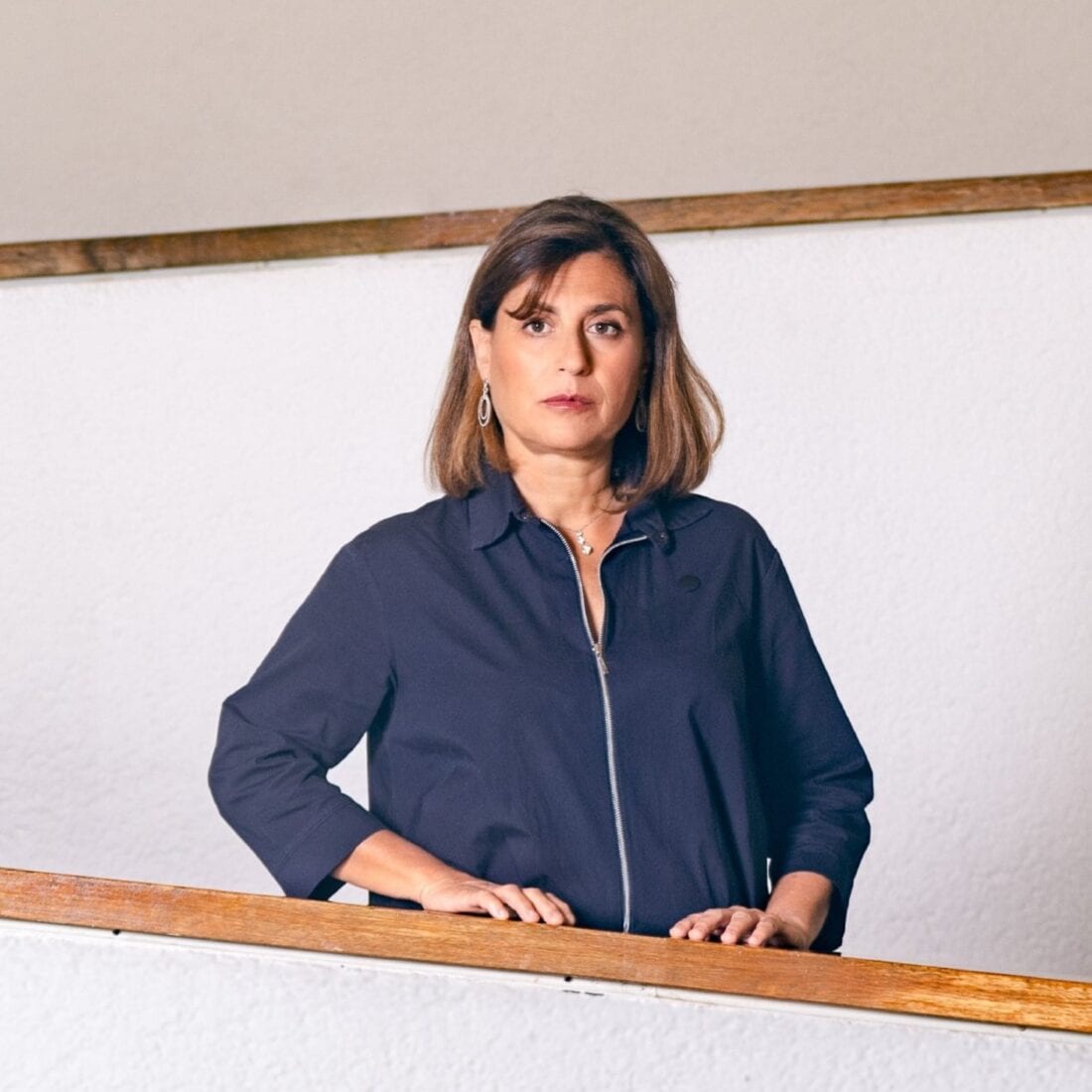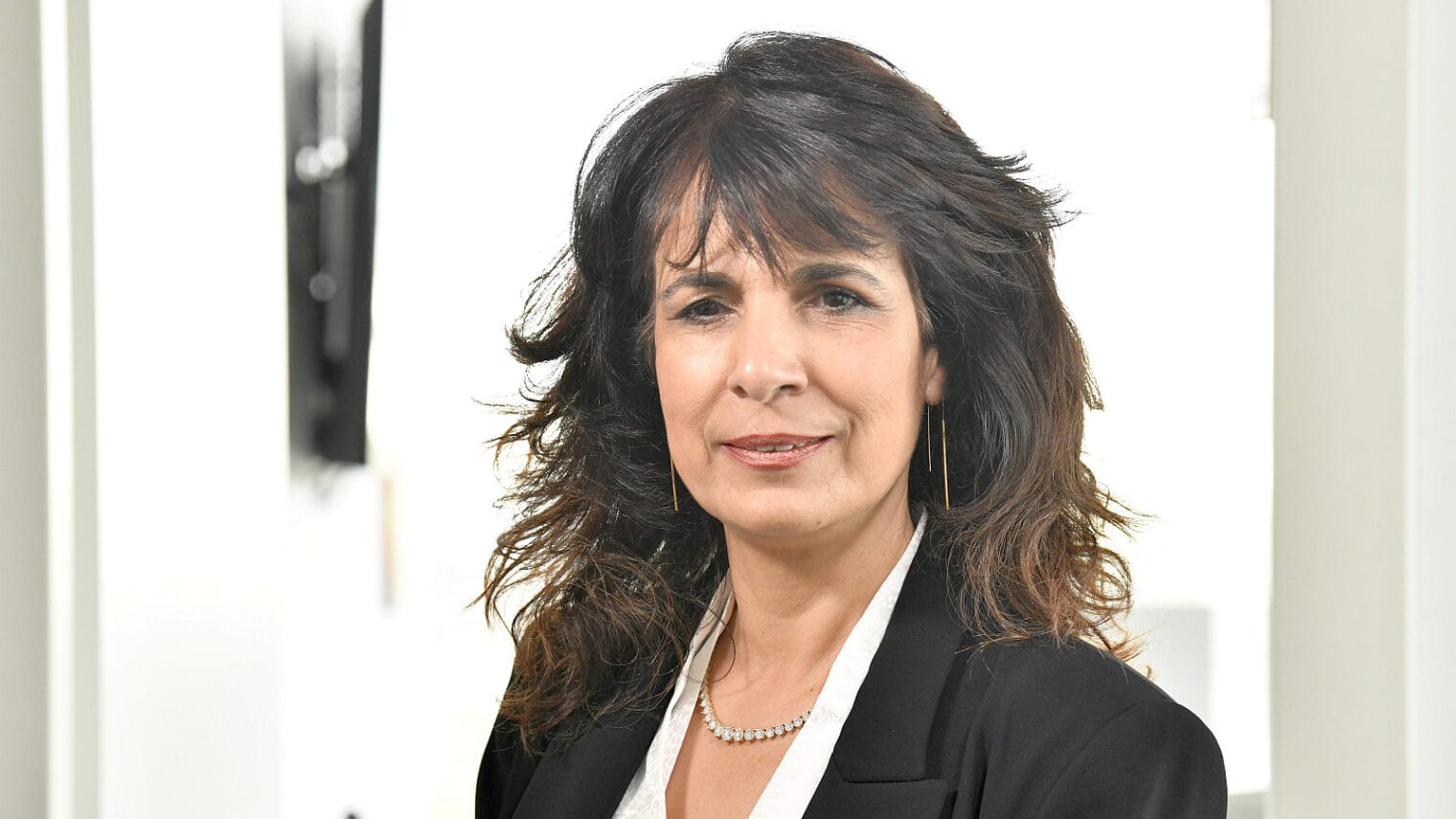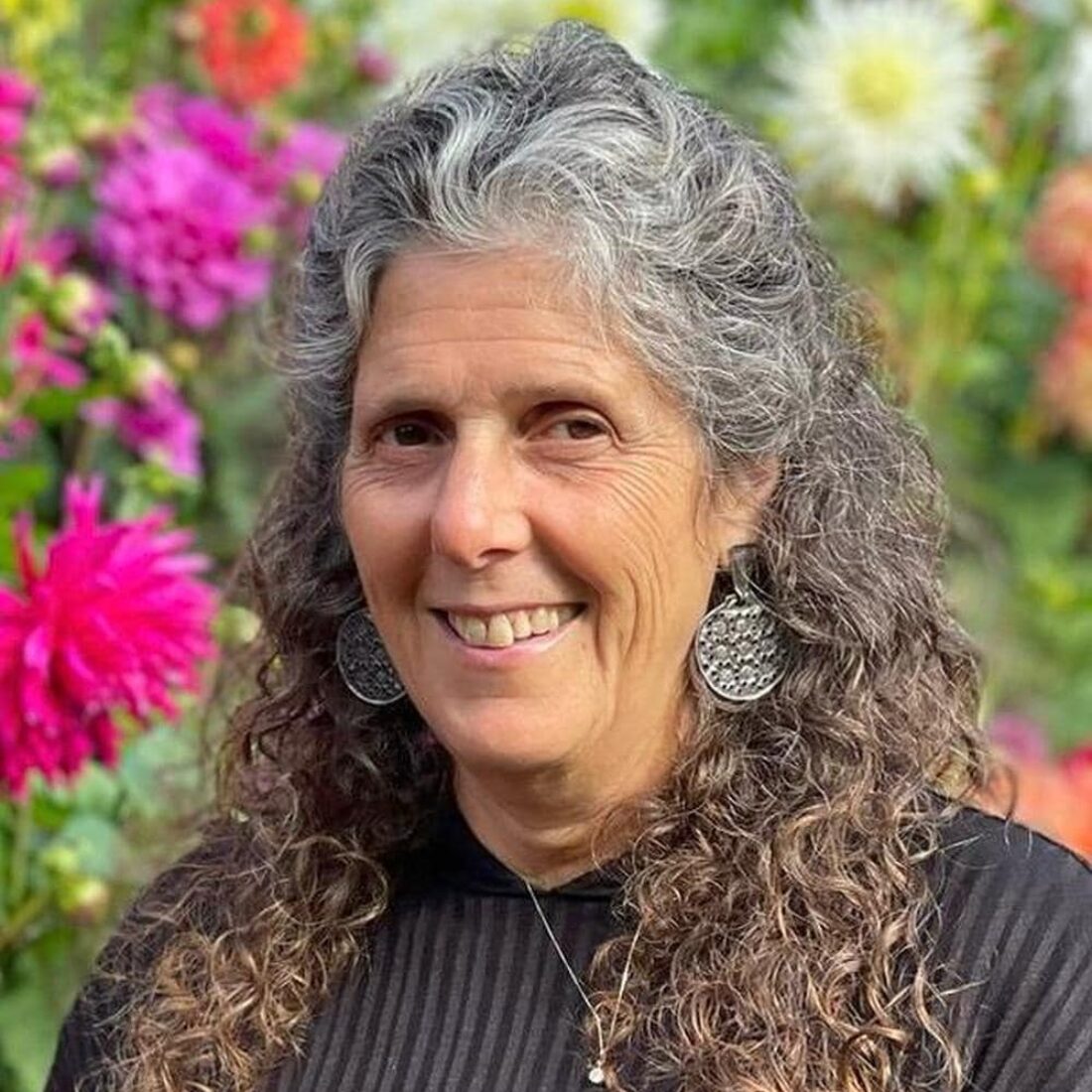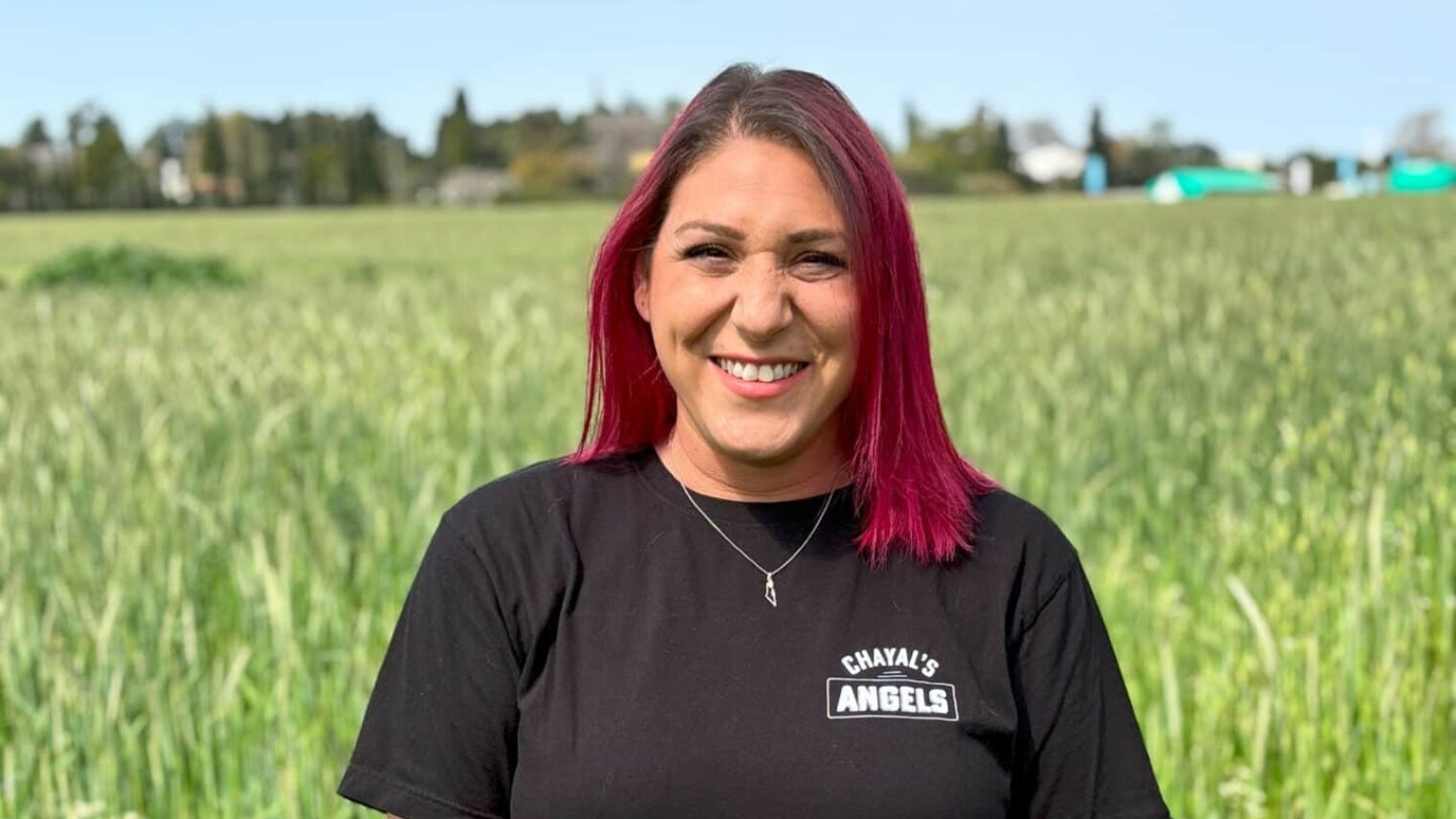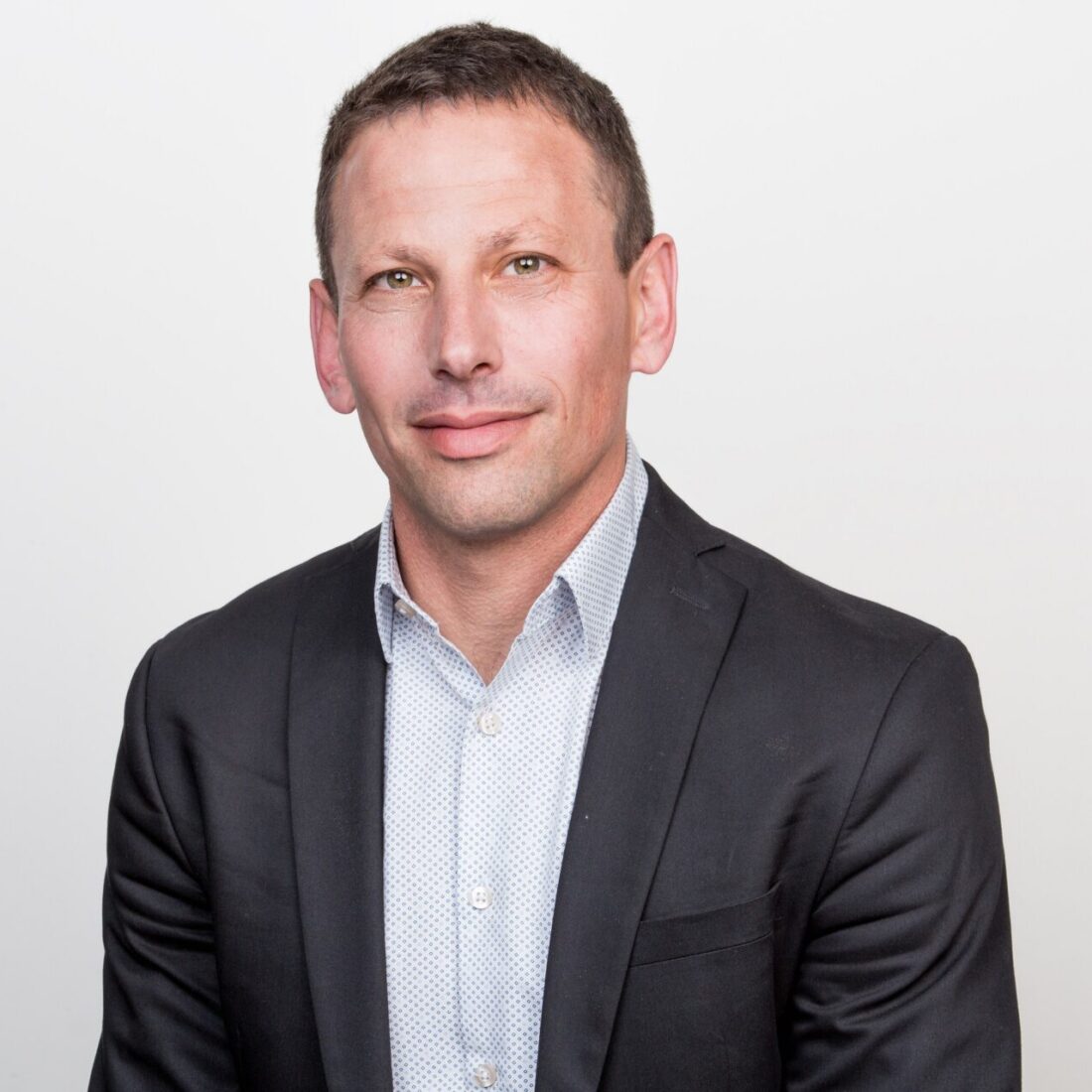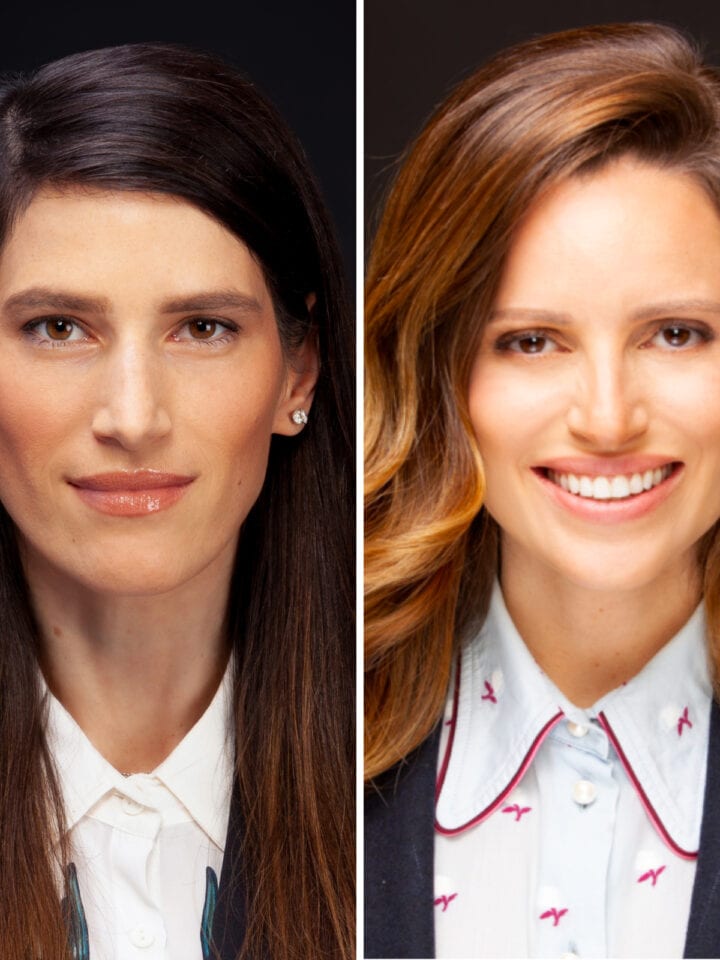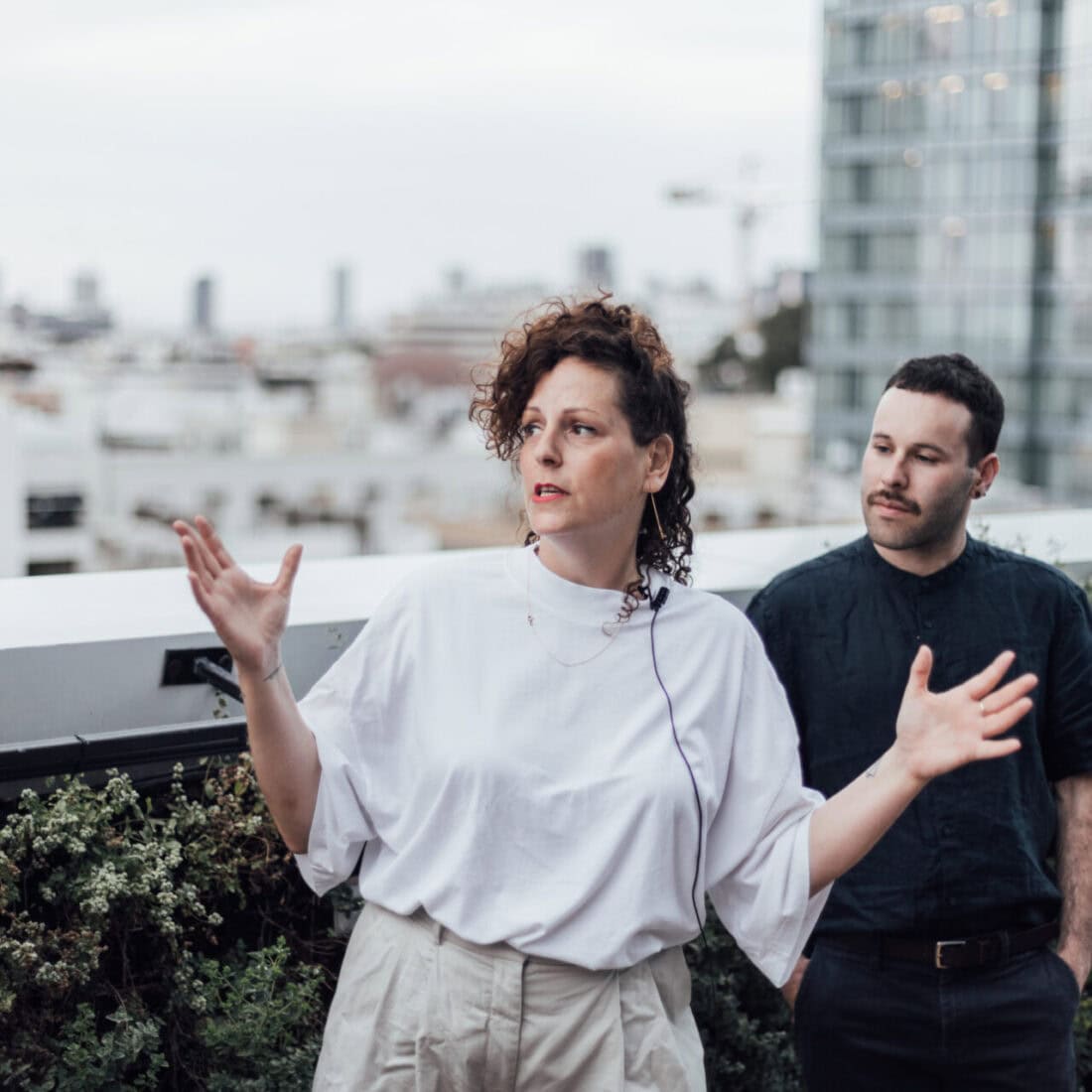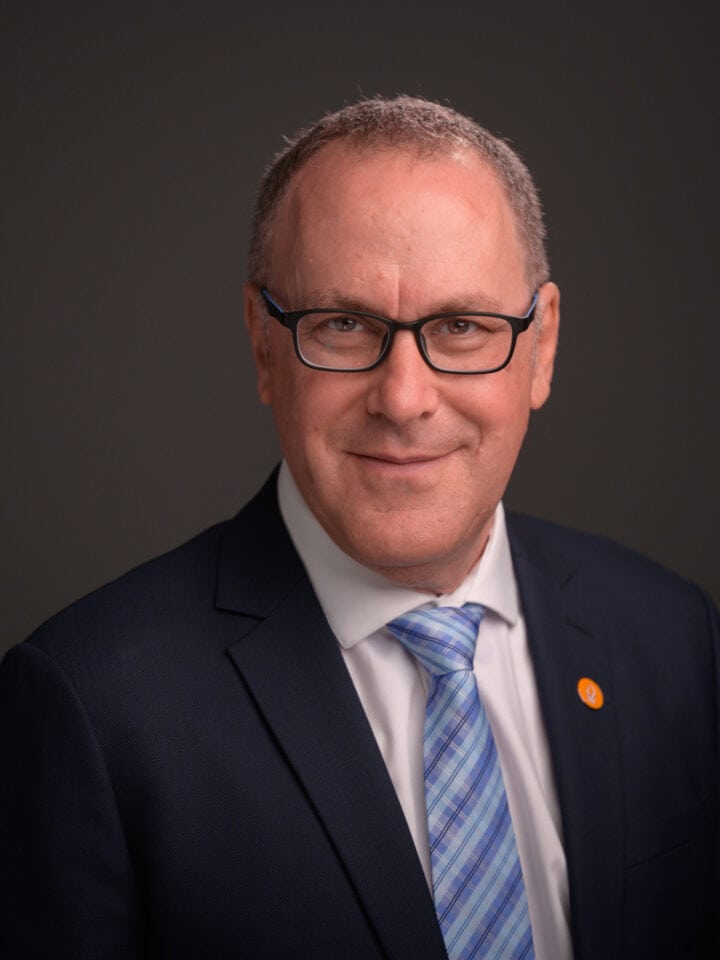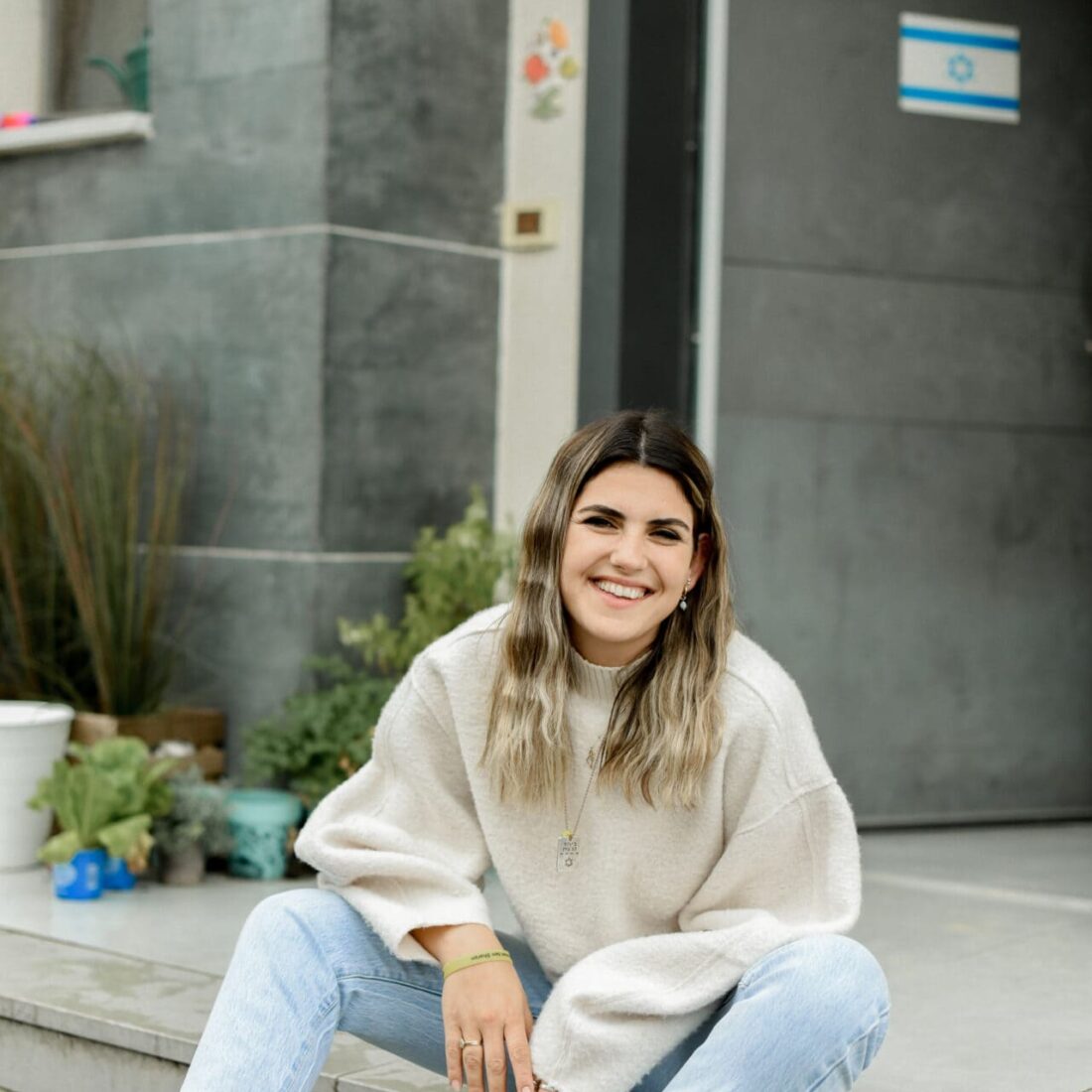I was born and raised in Israel, and currently live in Jerusalem with my wife and four children. Having spent time living in South Africa as a child and in the US as an adult, my personal and professional life have been shaped by various expressions of Jewish life and community. This vast exposure has, in turn, enriched and expanded my work as a Jewish educator, a vocation I regard as the greatest privilege.
As the founder and CEO of M2: The Institute for Experiential Jewish Education, I wear many hats — from supervising and leading to fundraising. However, at the core of my work lies my passion and commitment to education. What I love most, and what keeps me awake at night, is my responsibly as an educator.
On October 7th I was at my home in Jerusalem, celebrating Simchat Torah with family and friends. Within a 50-meter radius of my home there are about 10 shuls, so the sounds of joy and laughter of the holiday are, in any other year, ever-present and impossible to ignore.
I believe that in Judaism, one of the fundamental ways of cultivating resilience is by taking control over our own stories and narratives. How we choose to tell and retell our joys and tragedies is a unique attribute of human beings and the foundation of our identity as a people: emerging from centuries of slavery, we were commanded to shape our narrative and pass on our story.
In recent years, and especially since October 7th, we have experienced loss and pain, and beliefs we once held true have been challenged. We have been weakened. But the choice of how to narrate these experiences lies in the hands of each individual and collectively as a people.
Almost everything I have done since October 7th has been defined by this idea: we are free to choose how we tell our story.
I am a part of many communities: my home community, my work community, and my professional communities, both in Israel and in the US. While there are differences among them, I see two common threads across all.
The first is that each of these communities is striving to alleviate the profound sense of loneliness brought about by recent crises. The role of the community is to ensure that everyone is seen and heard; that we are not alone in our pain, struggle and confusion.
The second thing is the relentless quest to make sense of the pain and struggles we are experiencing by searching for deeper meaning and a sense of purpose. This is an attempt to view ourselves not as victims, but as agents of our own realities and experiences.
To create impact in a moment like this, I am guided by two principles: The first principle is to not wait for answers or explanations. In a time of crisis, seeking explanations, someone to blame, or waiting for directives, is futile: the former won’t help and the latter won’t materialize.
The second principle is to immediately think as expansively as possible about what is within our sphere of control and not be weighed down by what is beyond it. Most times, what matters most is within our control.
“Our task isn’t to rebuild Israel but to nurture, cultivate and enrich it.”
Over the past months, we have witnessed people who are suffering in ways we could not possibly imagine emerge as sources of strength, hope and resilience. They are my sources of inspiration. These individuals are actively transforming their pain into opportunities for growth; people who are discovering their inner strength amidst so much darkness and, in turn, using it to illuminate the path for others.
One of the greatest challenges we face is how to instill in our children a sense of trust in the world amidst such complex, painful and complicated realities. They have witnessed pandemics and wars. They don’t know what life will throw in their direction. They live with uncertainty and are becoming skeptical and distrustful of their futures.
While we cannot promise them that everything will be okay, we should work tirelessly to help them grow up with the belief and anticipation that the world is filled with goodness, and that they can place trust in the future.
Israel doesn’t require rebuilding; it stands as a testament to the perseverance and sacrifices of millions of Jews who yearned for it and those who sacrificed for its existence. Our task isn’t to rebuild it but to nurture, cultivate and enrich it.
However, akin to a plant that needs pruning to thrive, I believe that Israel also needs pruning. There are sprouts and branches that have grown entangled and awry. We confront societal and ideological divides that we can no longer ignore.
Pruning, involving the act of cutting and reshaping, demands courage and results in loss. The forthcoming phase of our growth will necessitate profound and, at times, painful changes, yet they will enable us to continue growing.
I hope for peace and prosperity, but presently, this hope might be too ambitious. Therefore, here’s a more modest one: I hope for patience and predictability.
Patience to restrain us from acting impulsively and angrily towards each other. And predictability so that we can experience a sense of routine without the nagging anxiety about what might happen next. Moreover, I hope and pray every day for the safe return of our hostages.
I wish for us to emerge as better individuals as a result of the past year. We have witnessed an abundance of strength, kindness, and resilience during this time. Can we harness these traits not only in responding to tragedy but also in actively building towards a shared future? Can the goodness that has been demonstrated in the past months become synonymous with who we, the Jewish people, are known and recognized for? I sincerely hope so.





